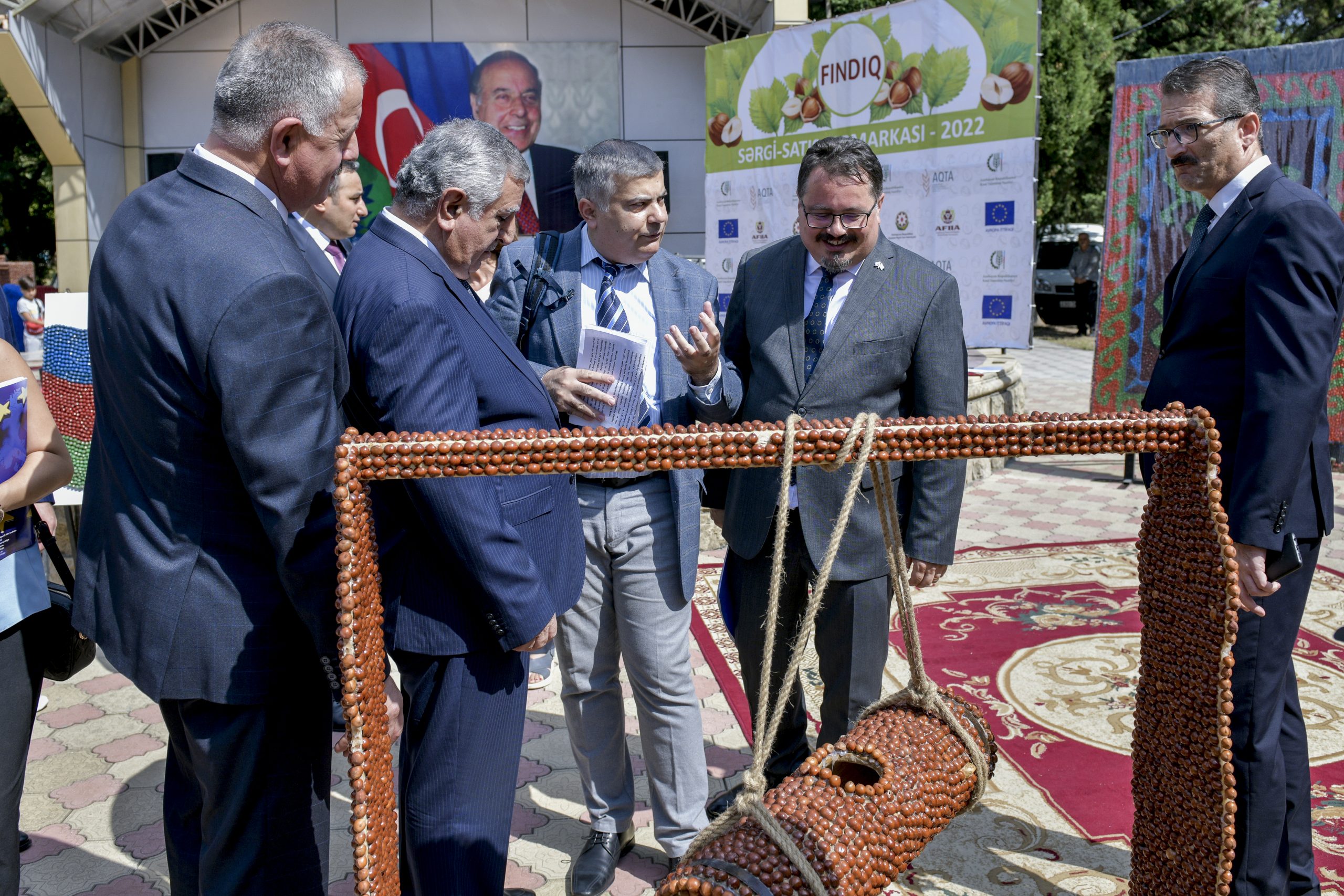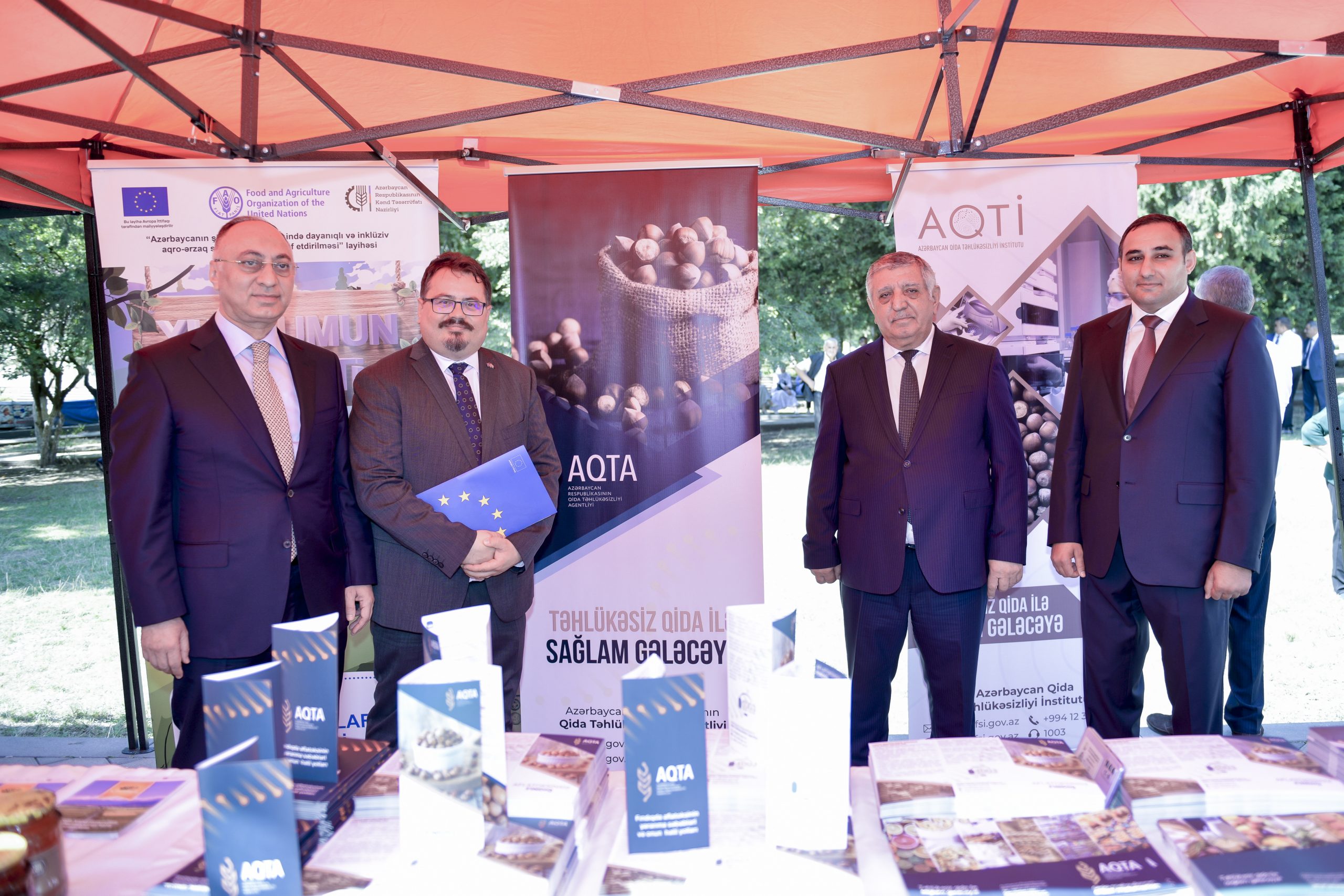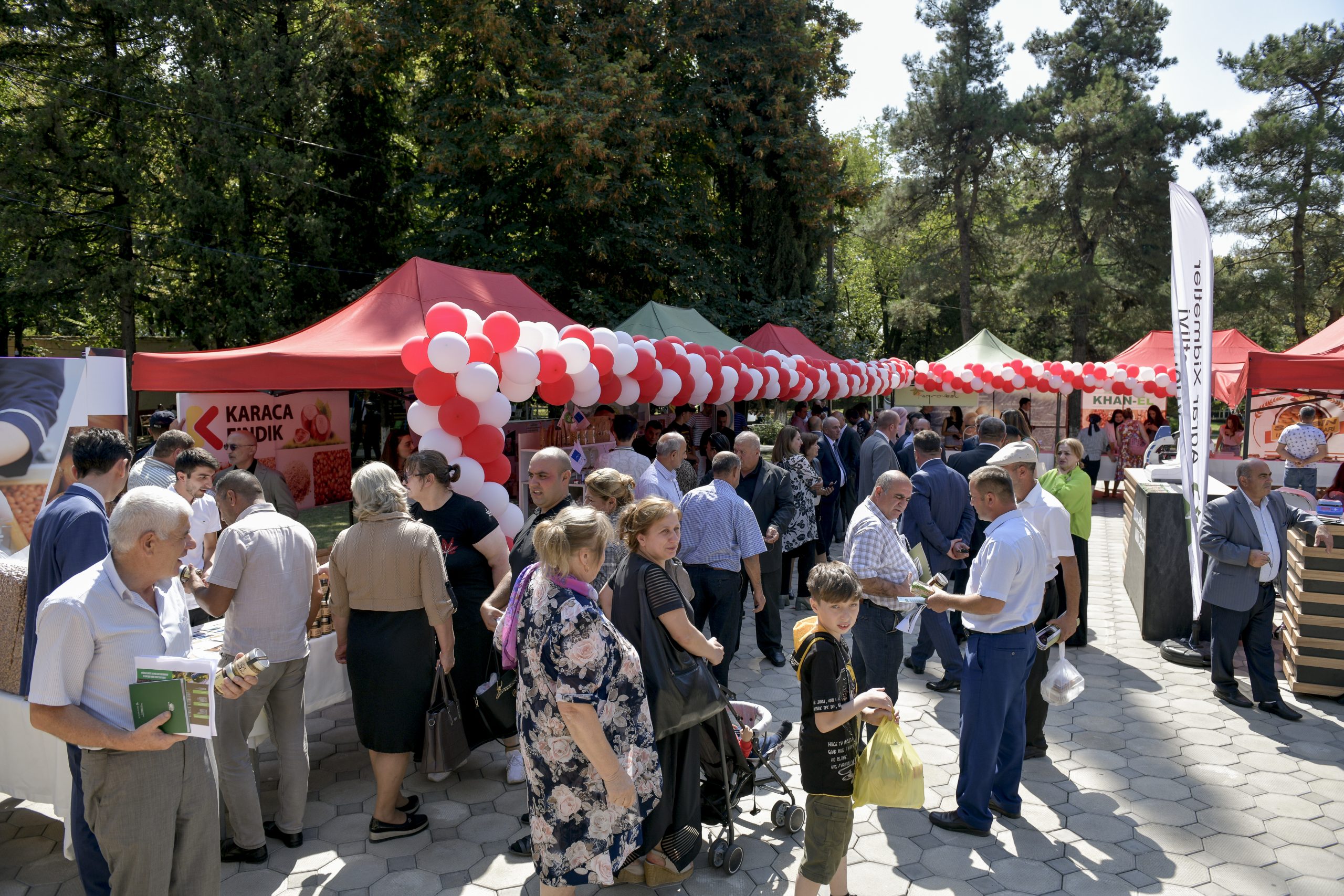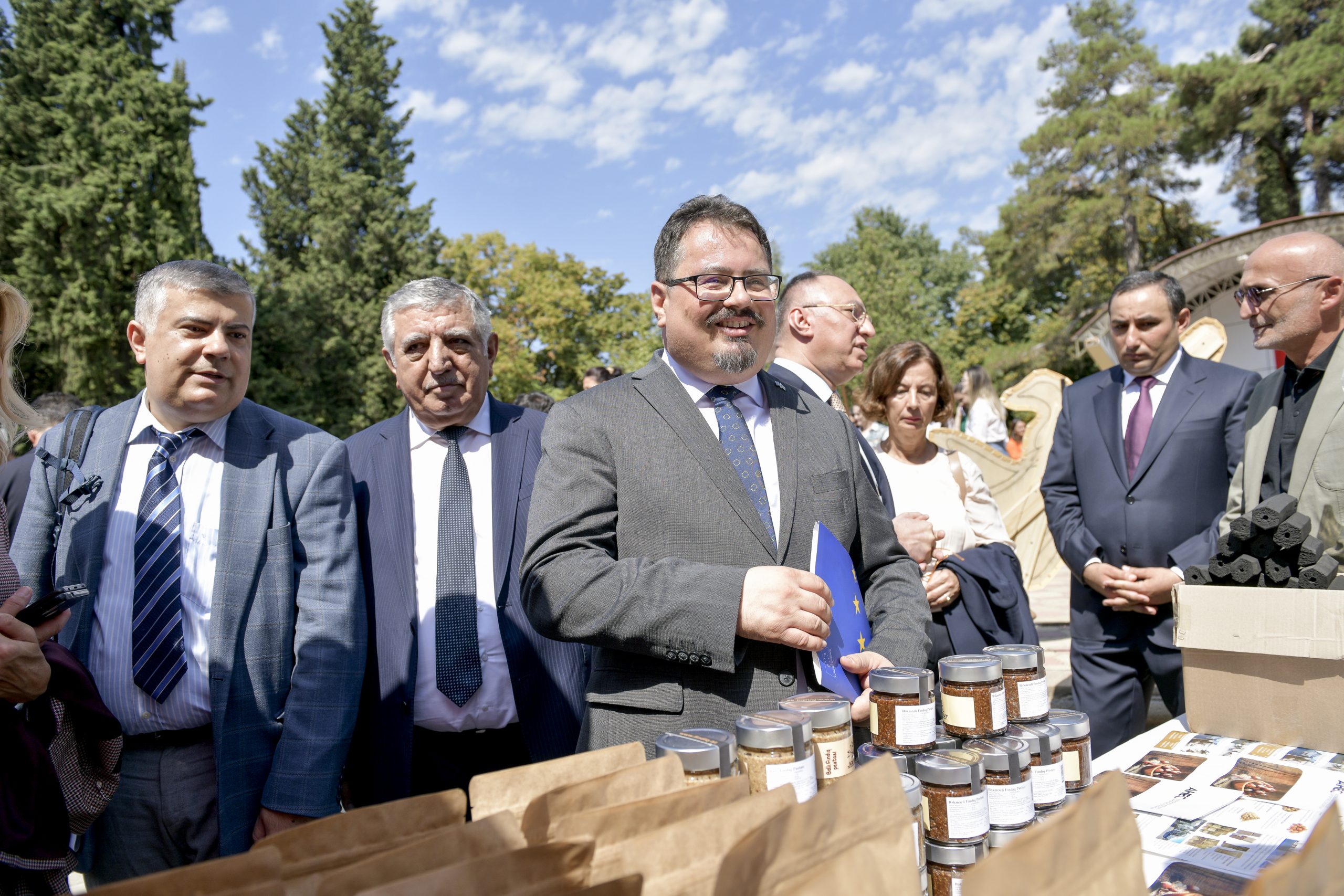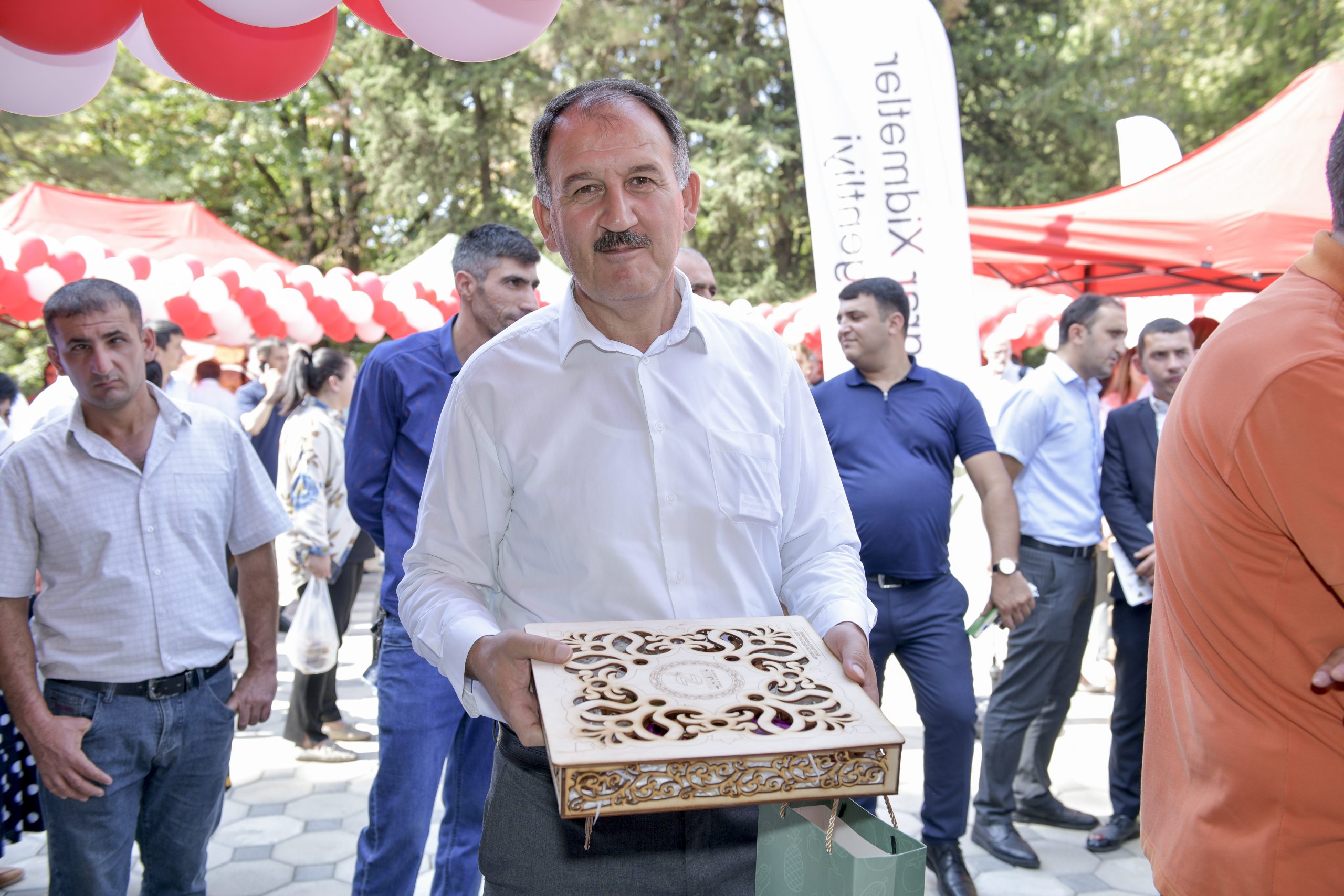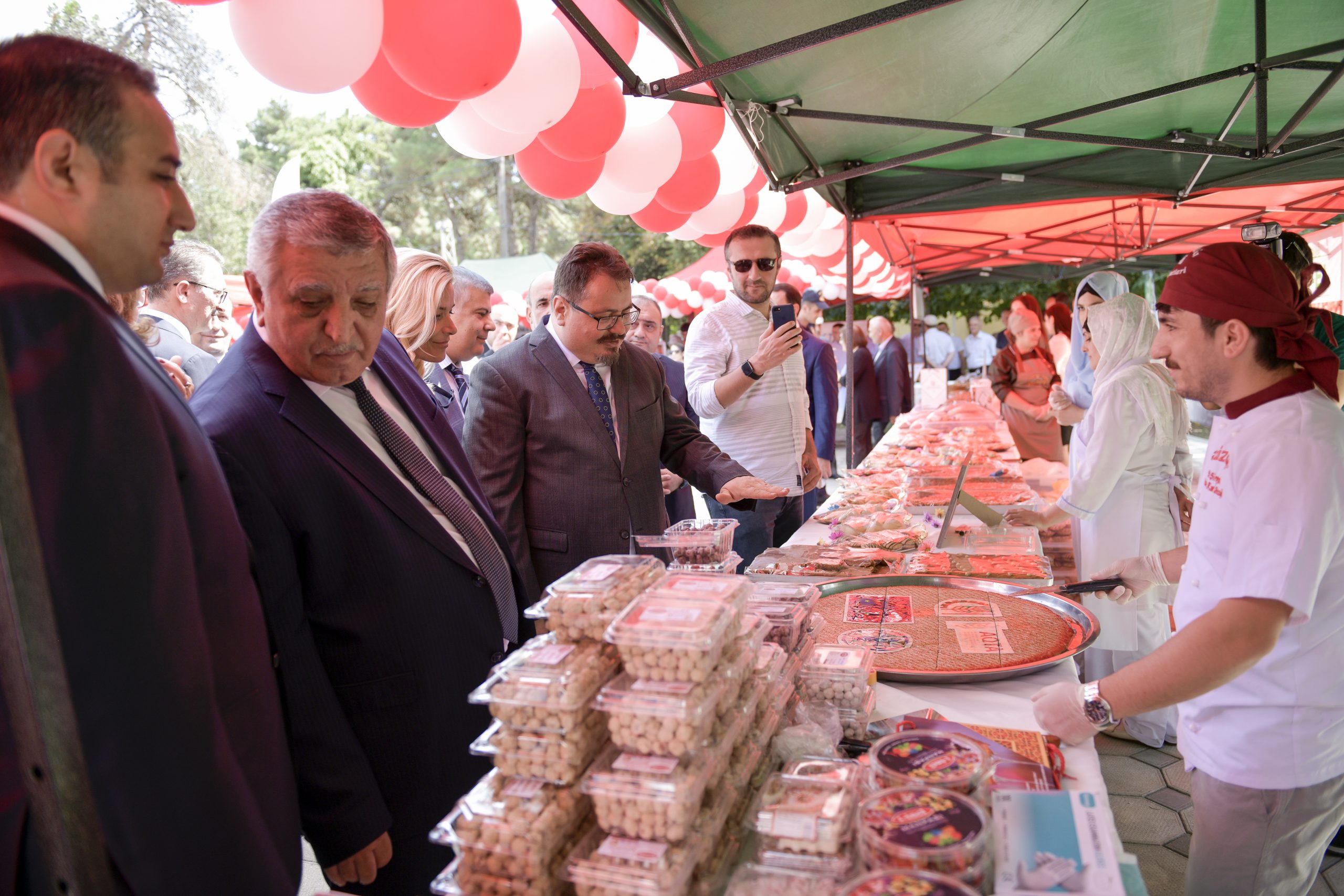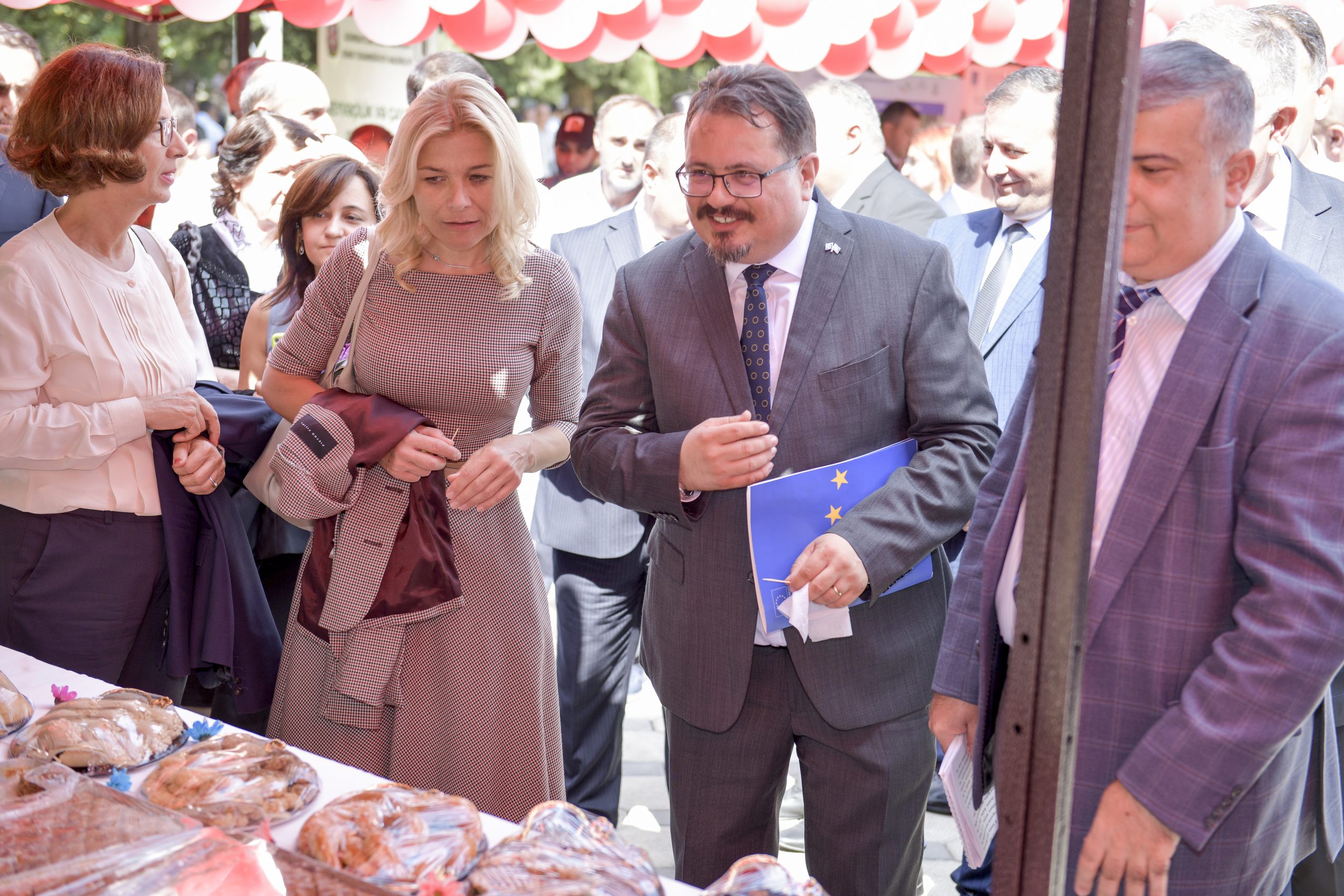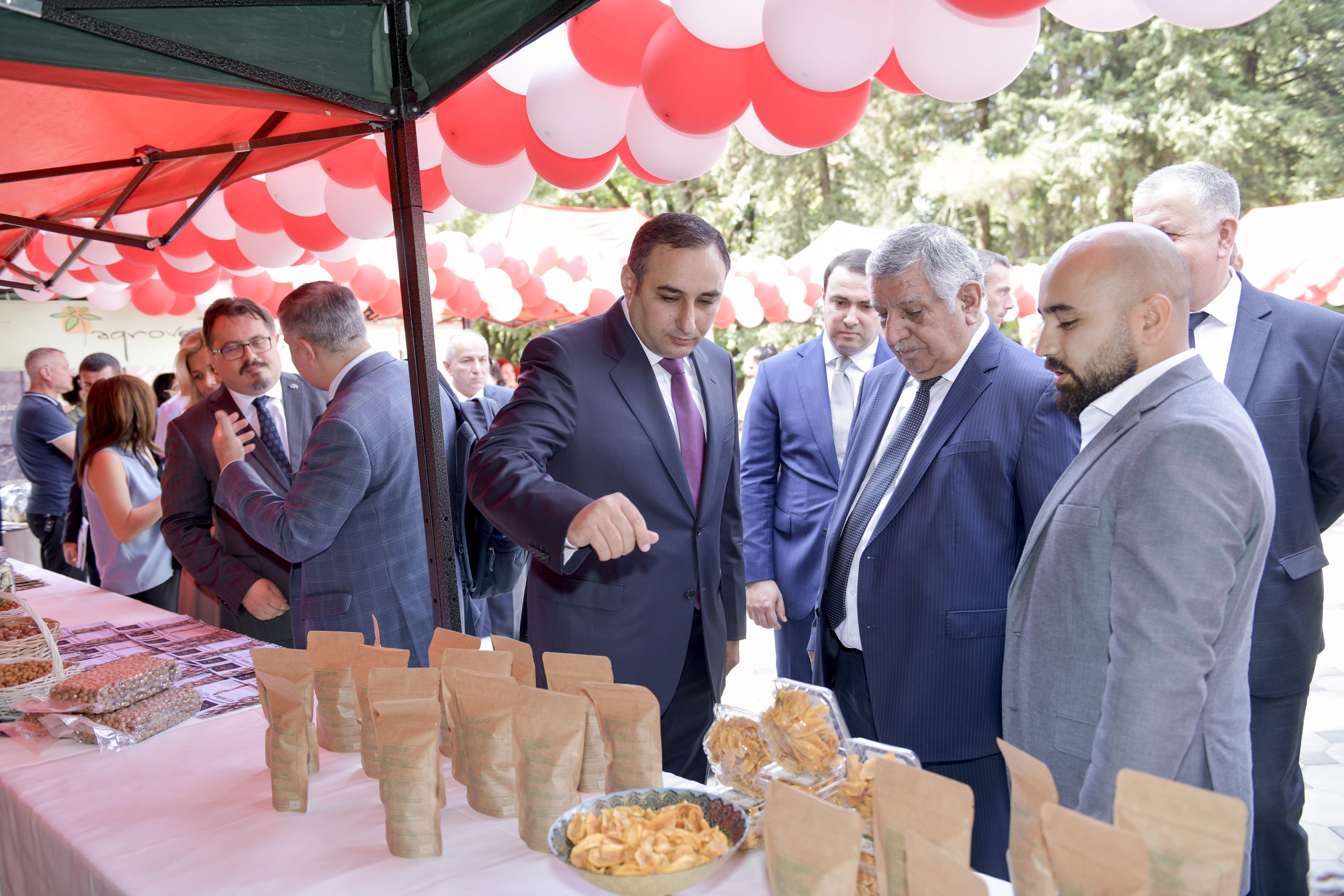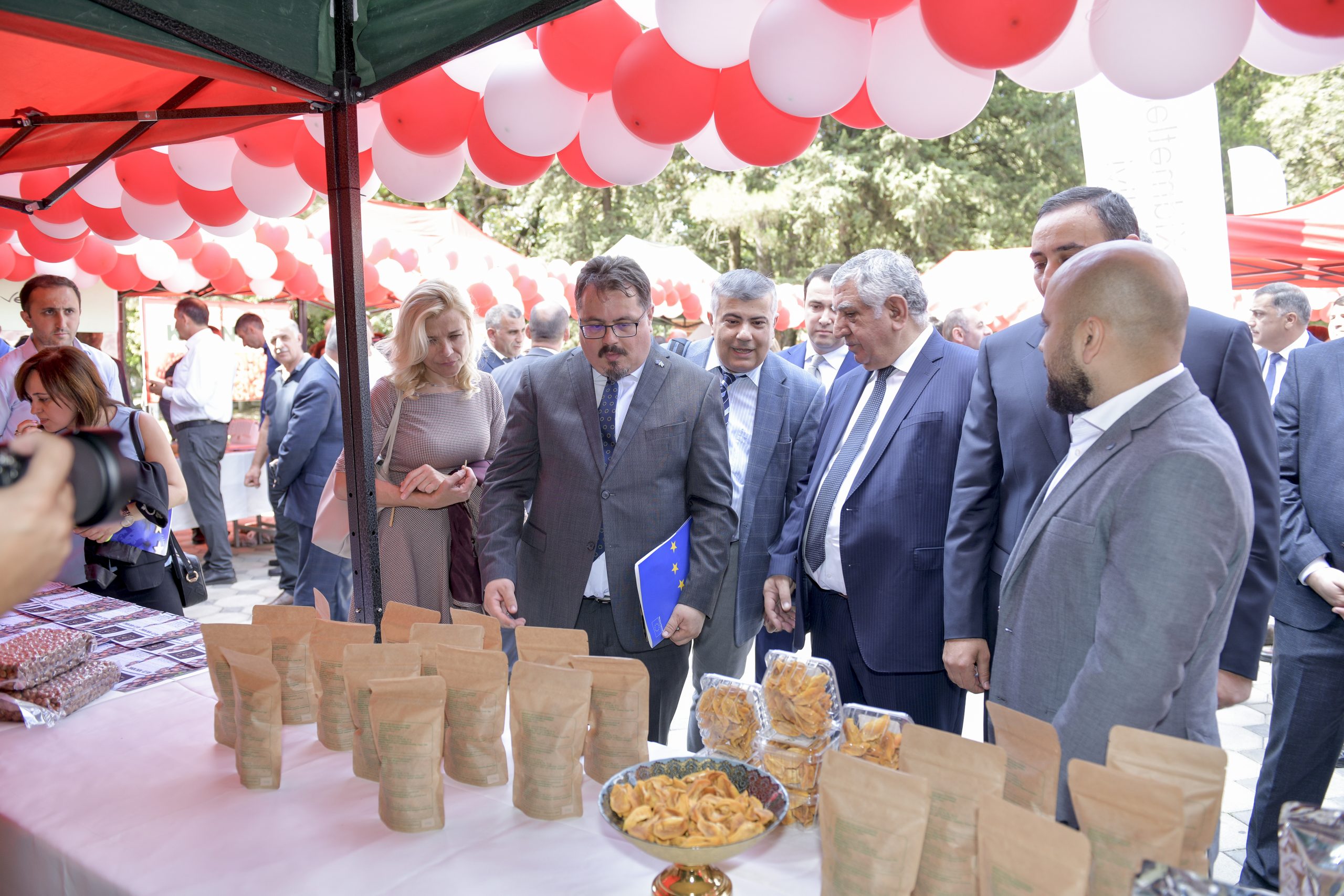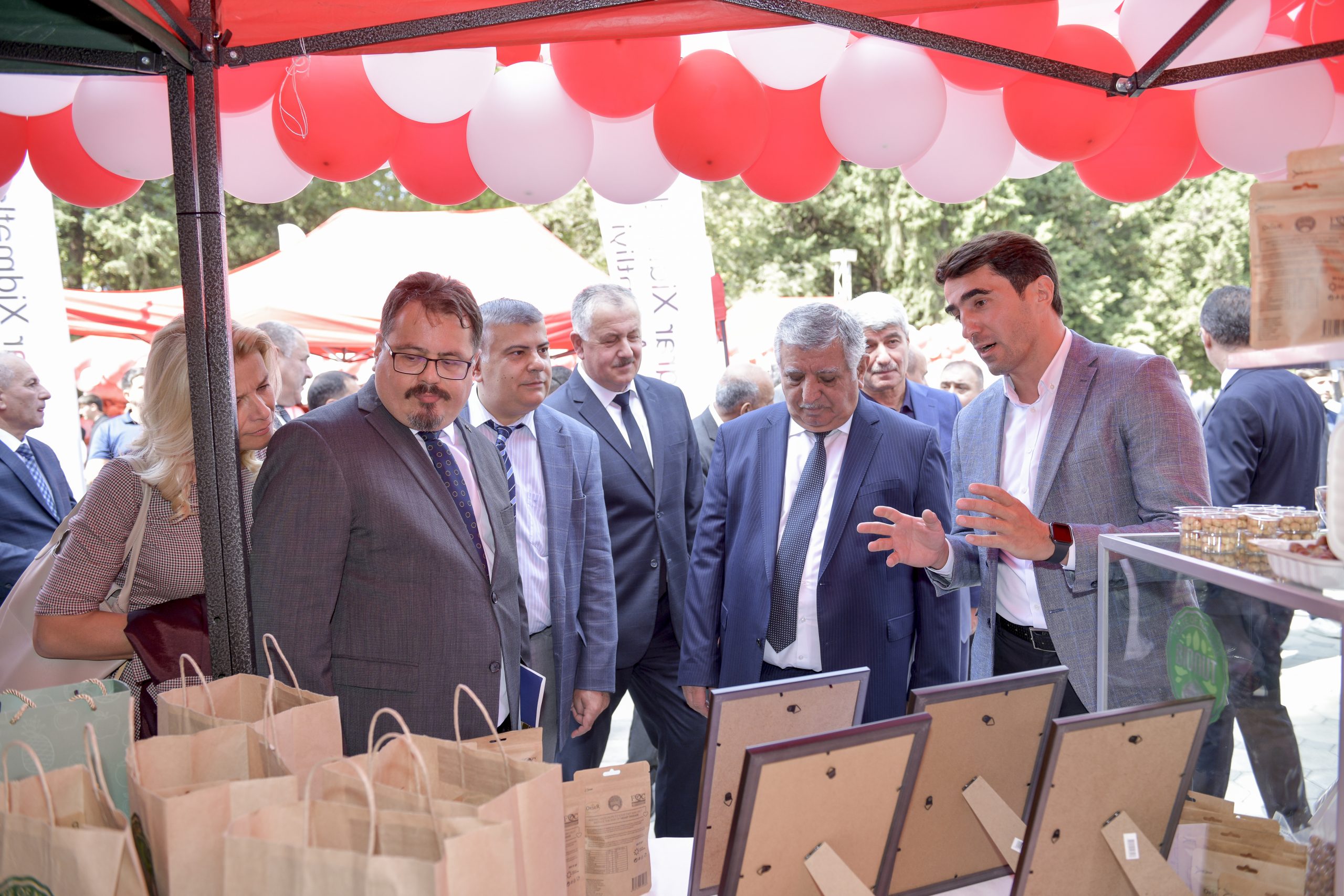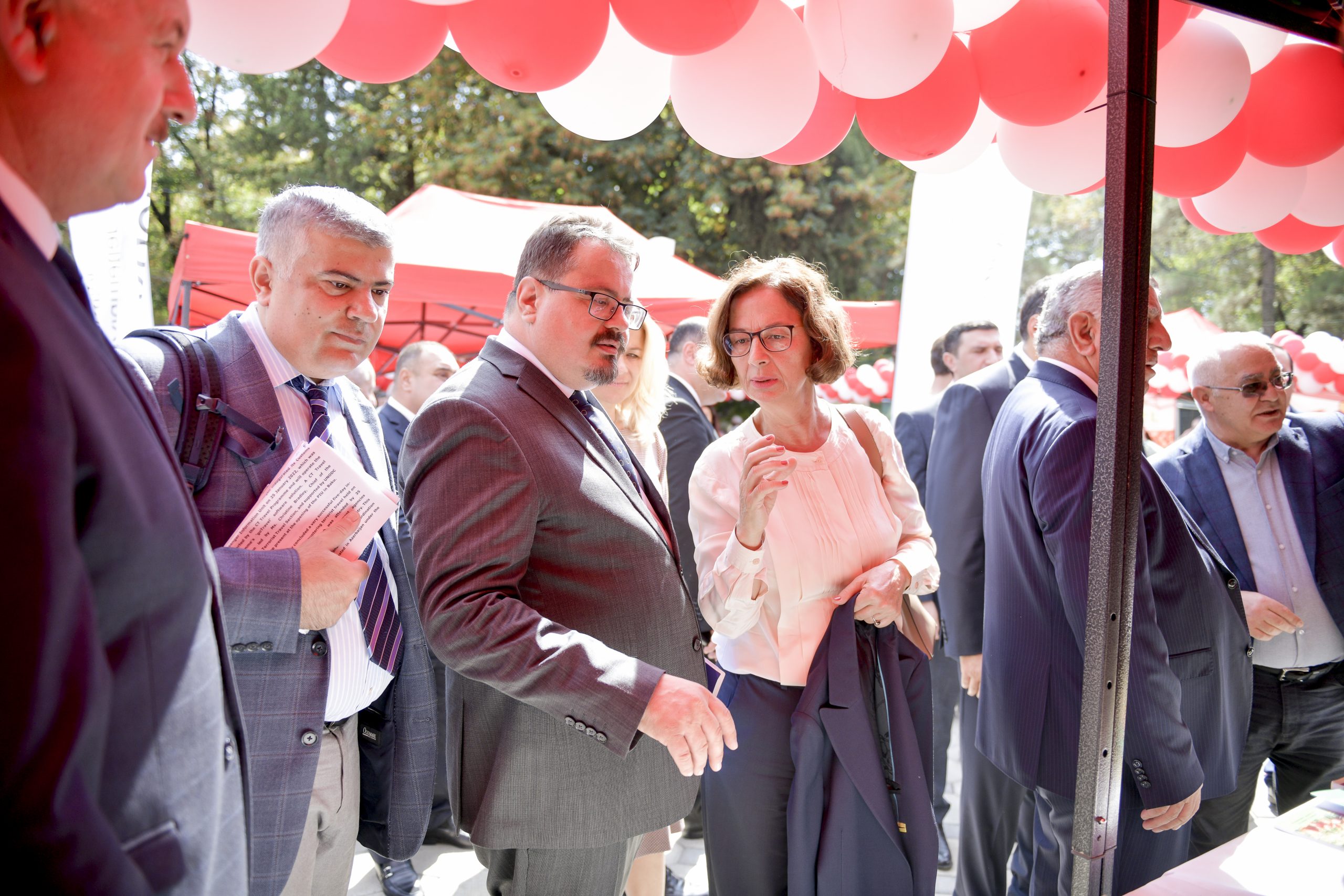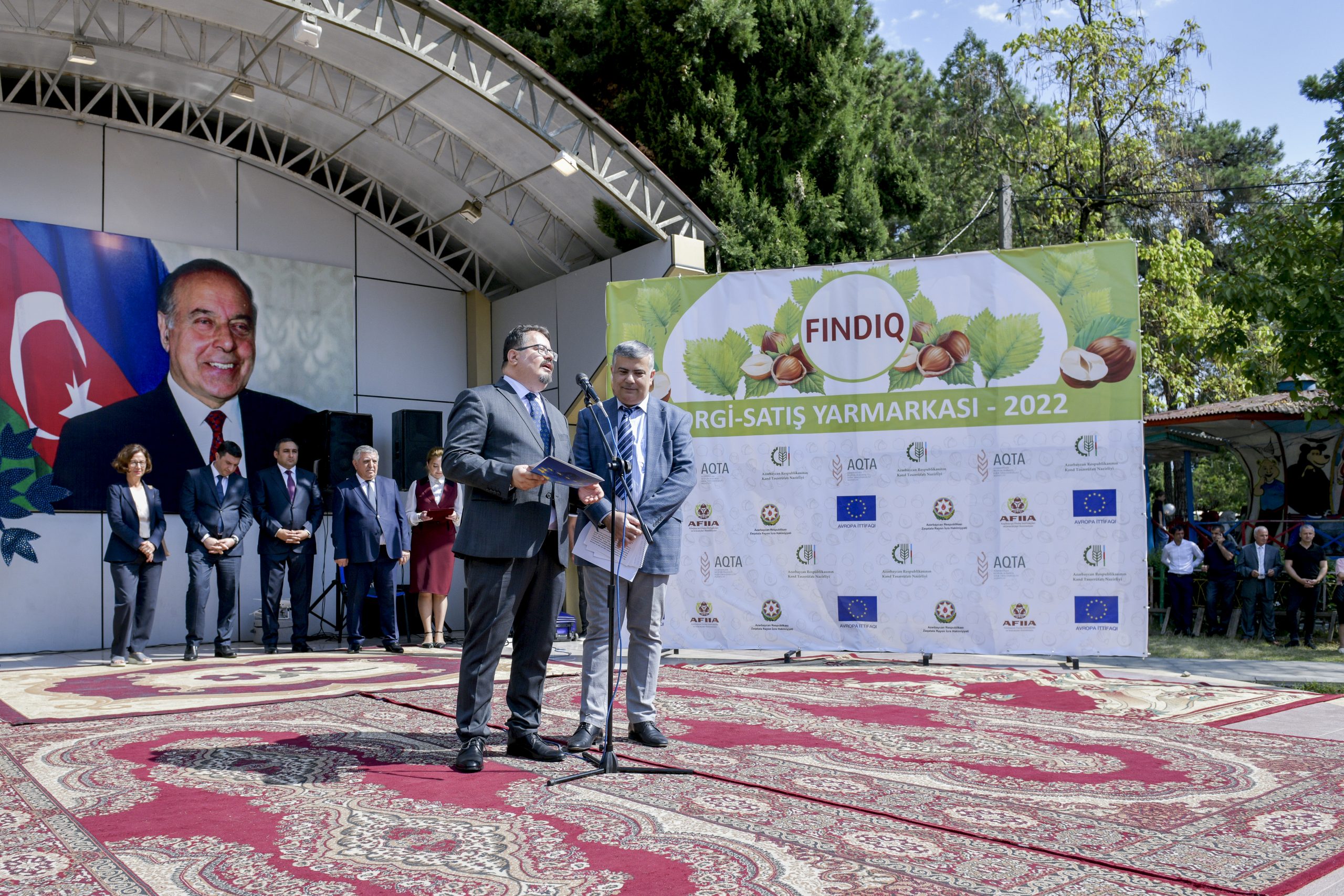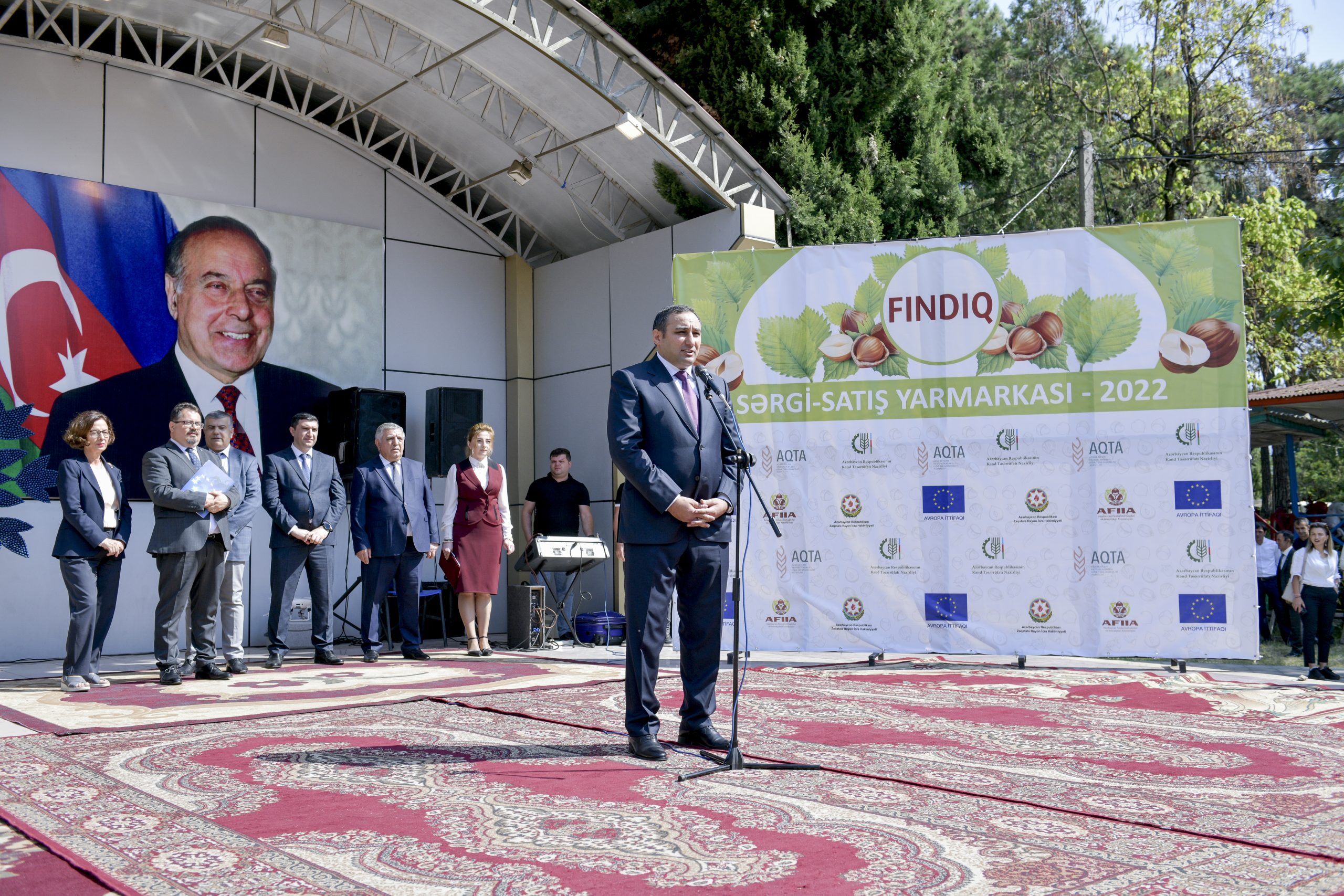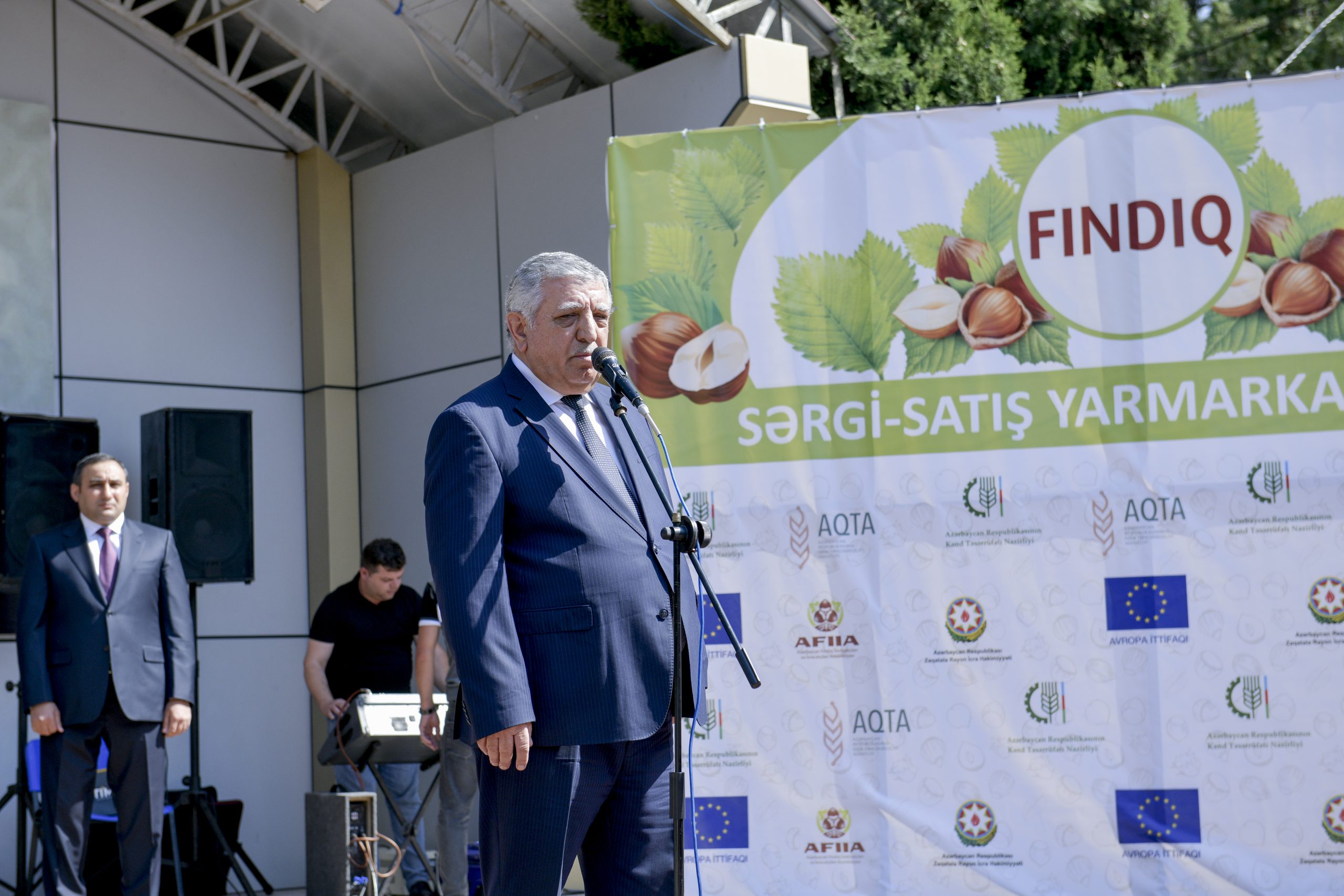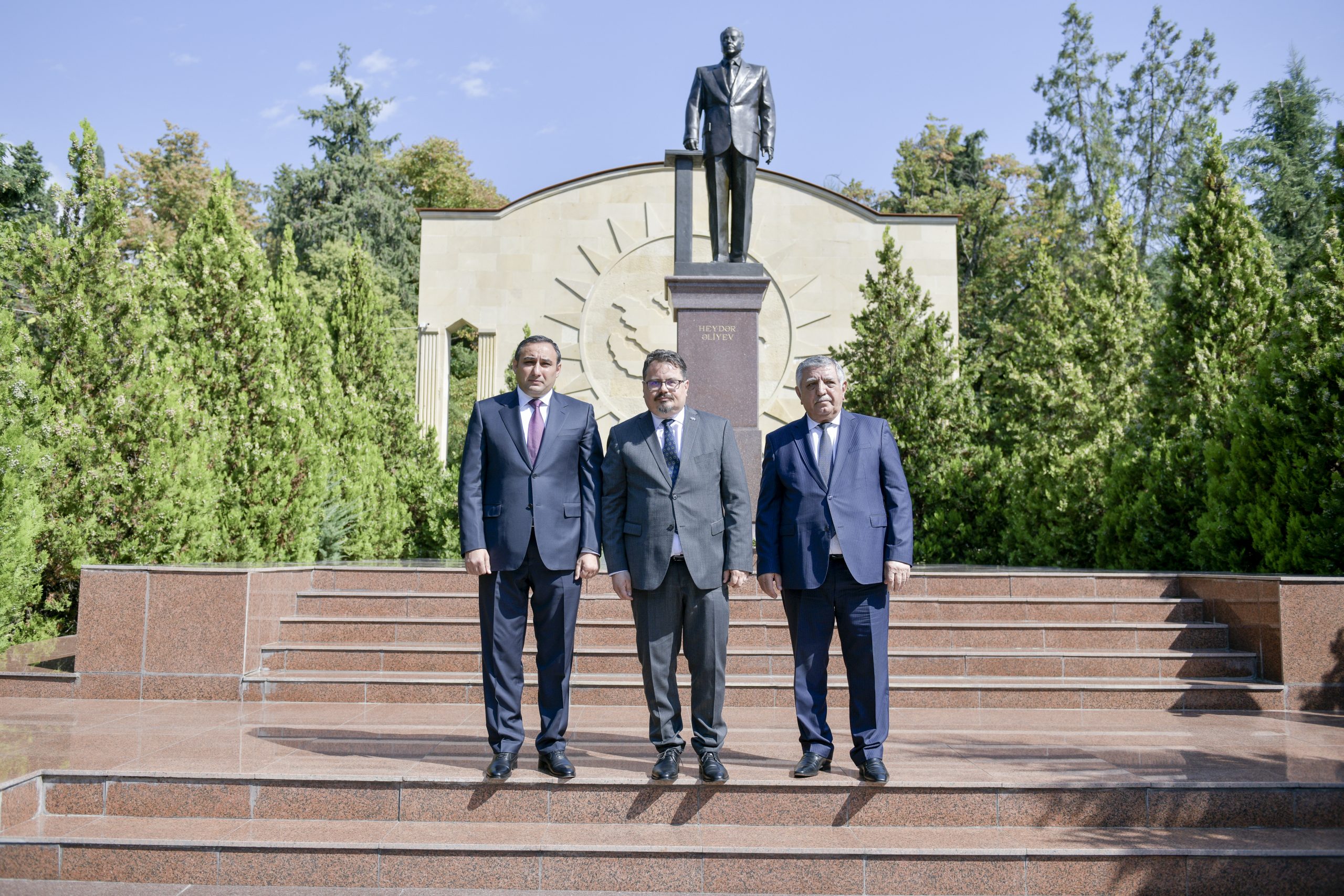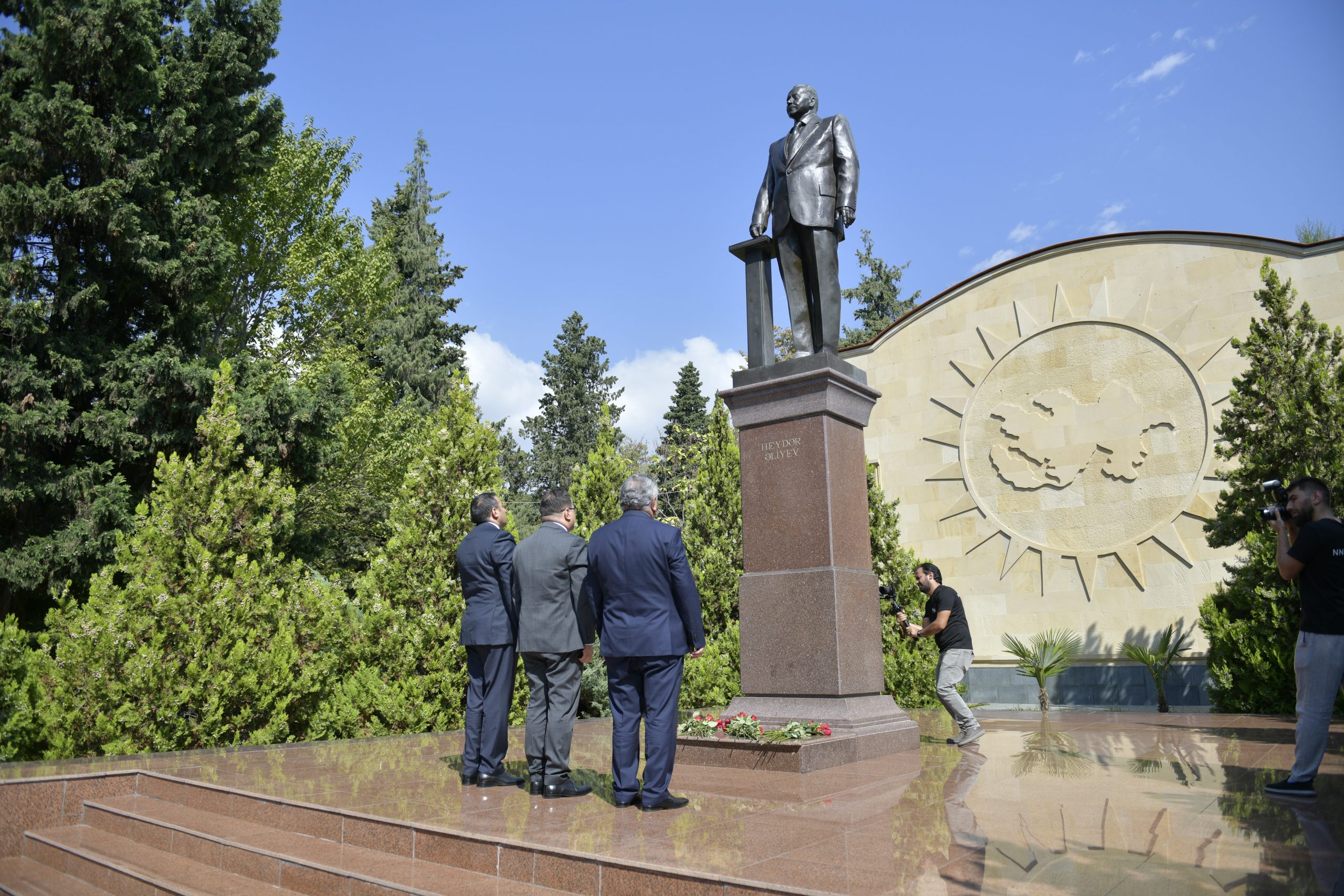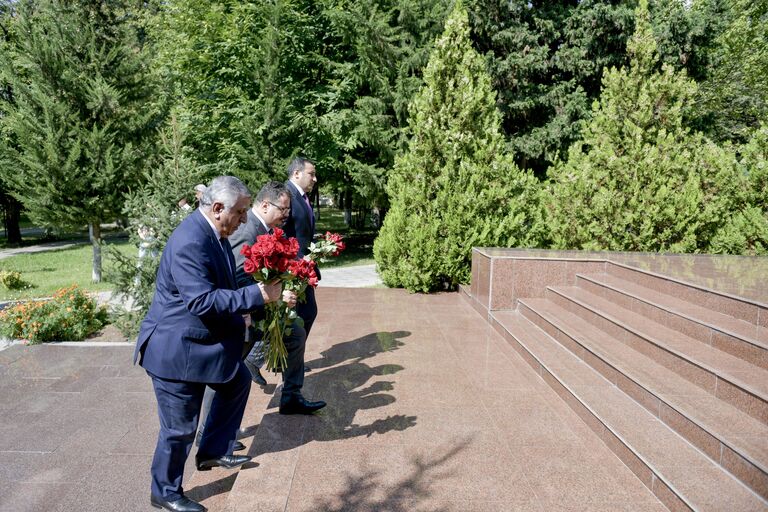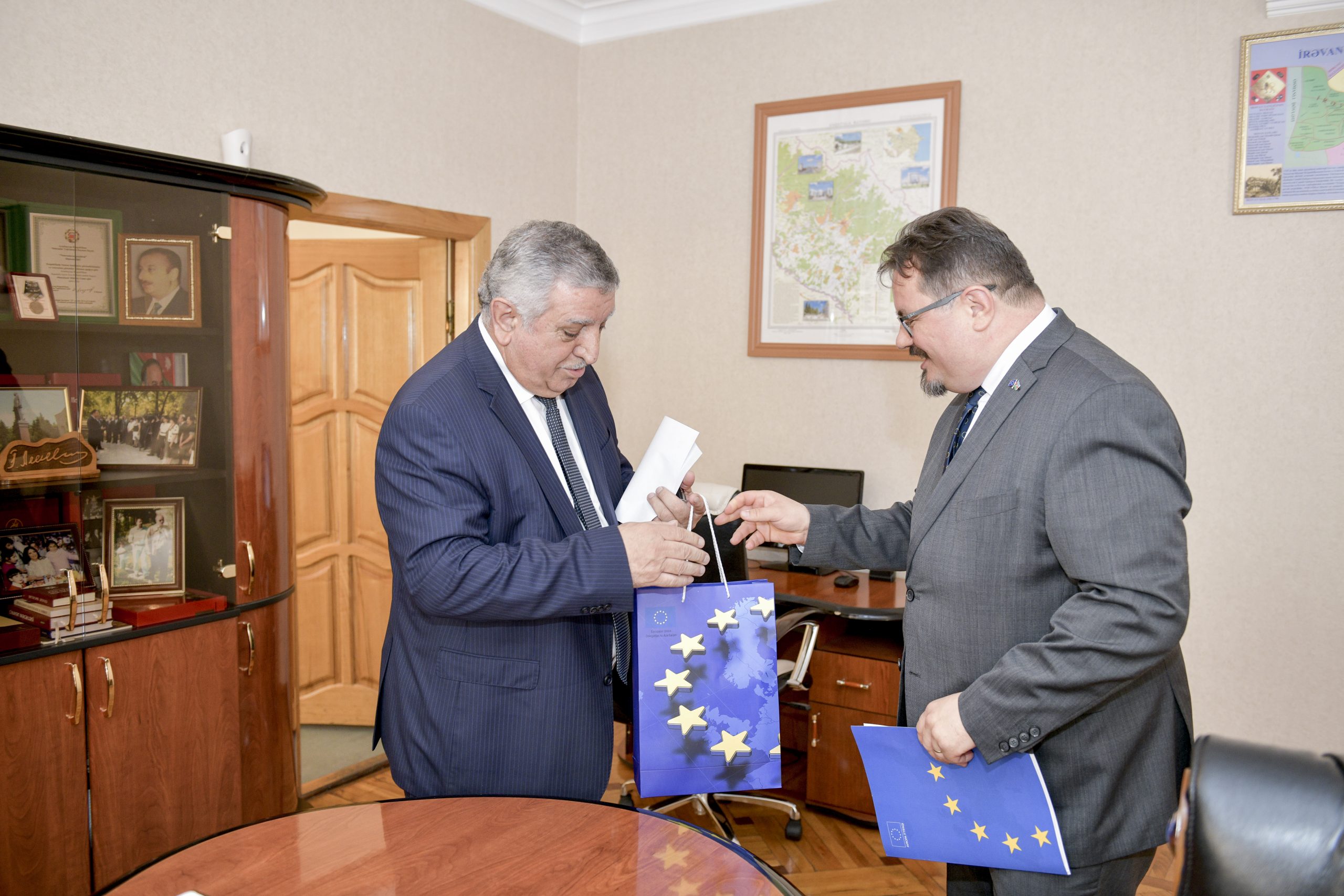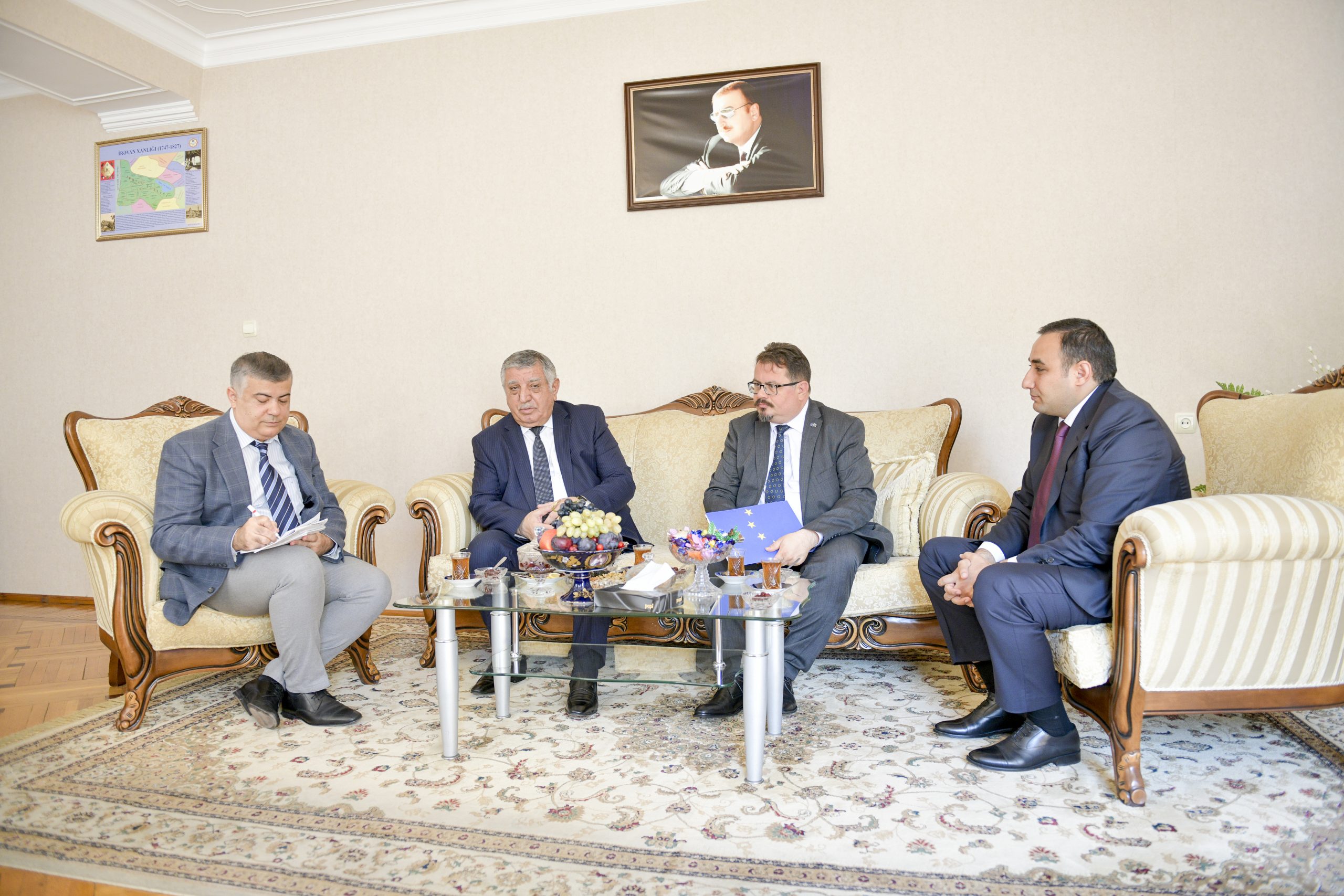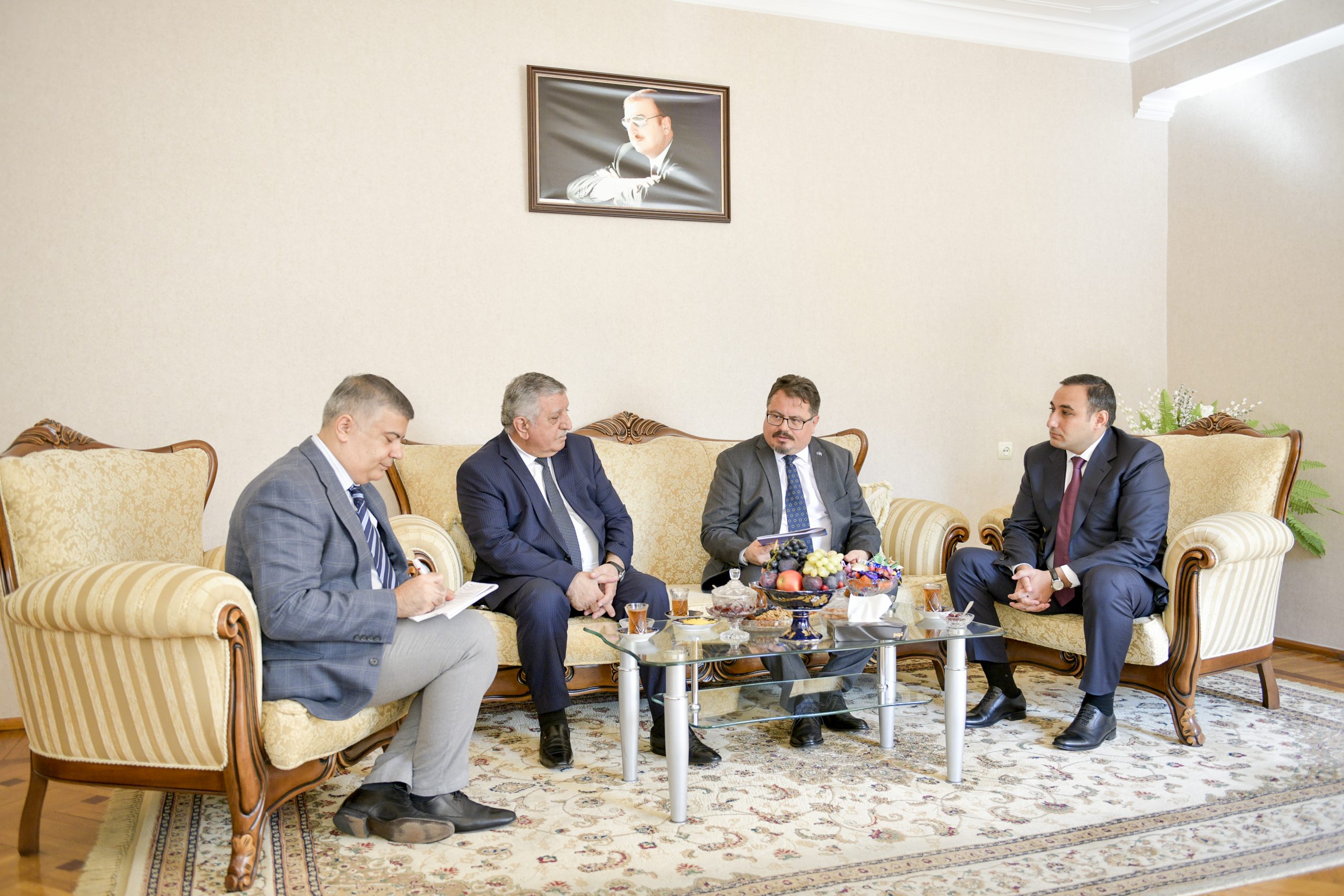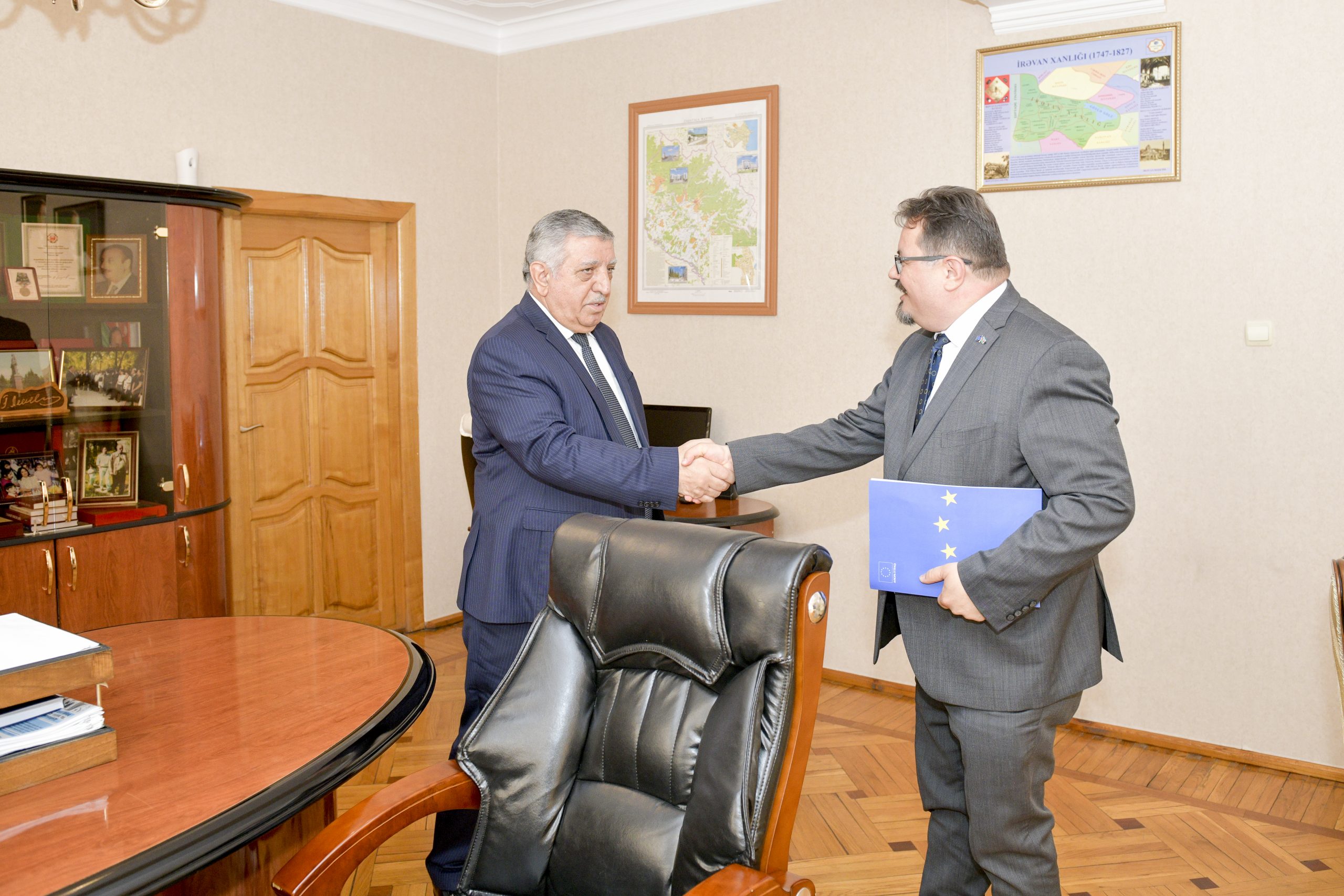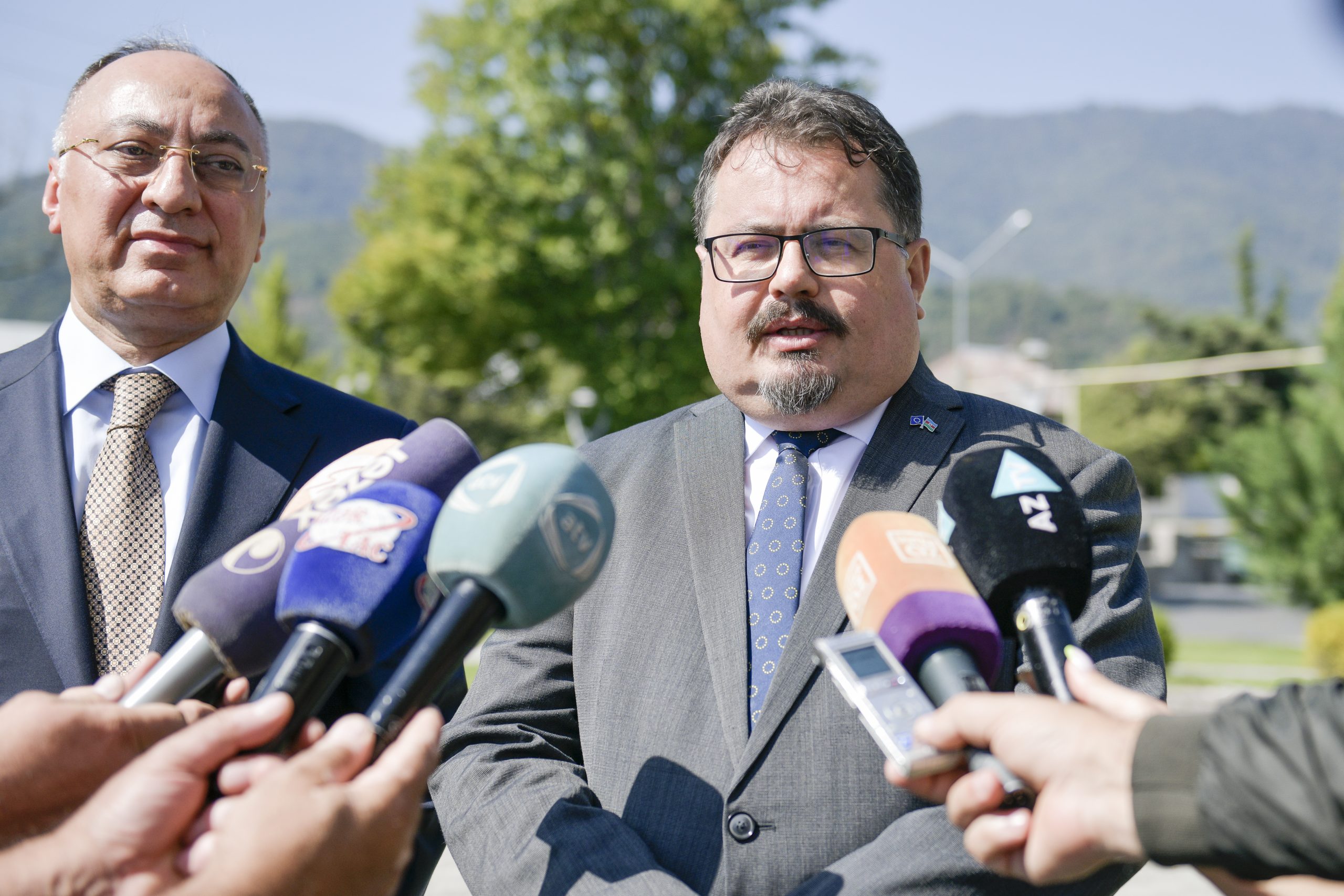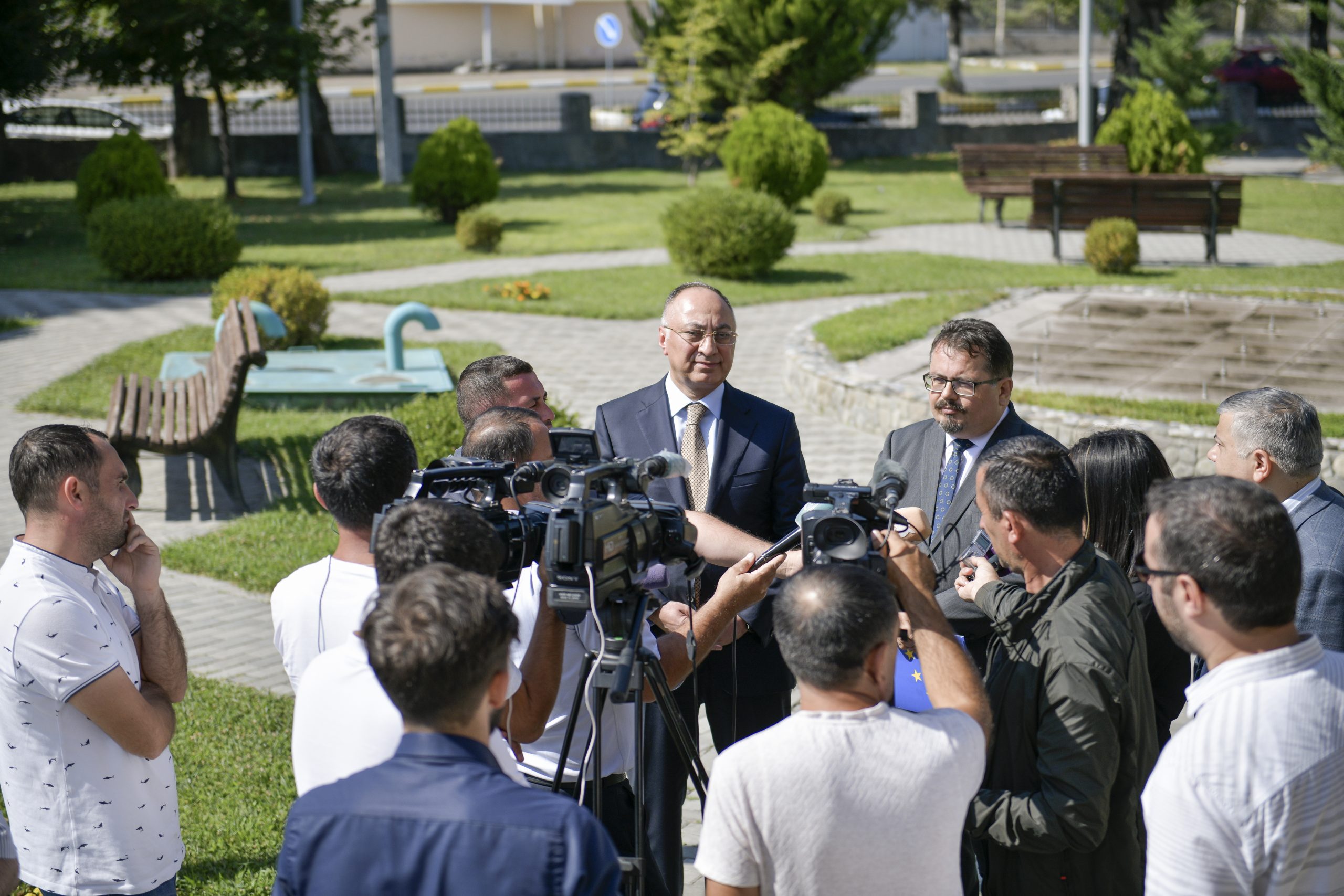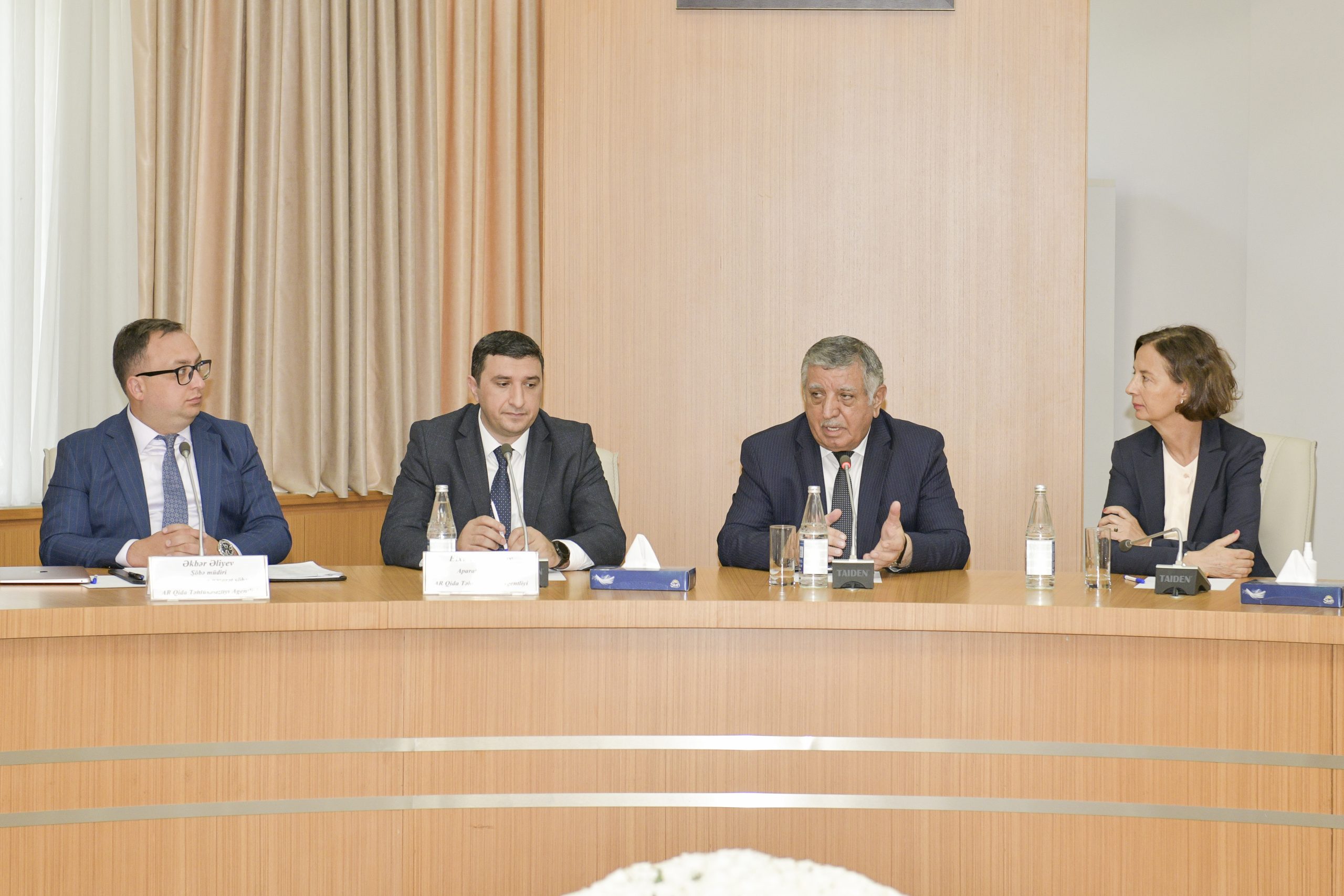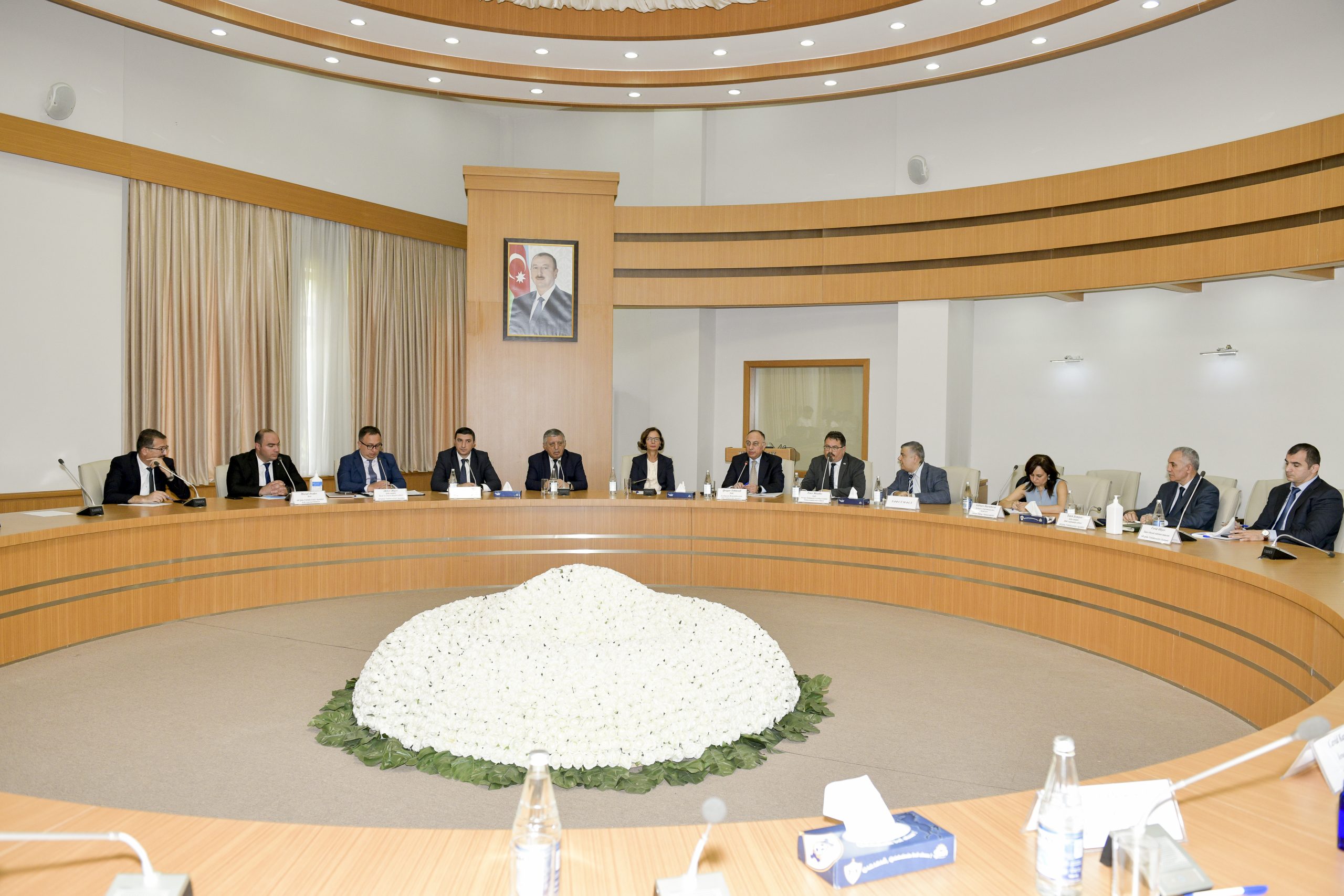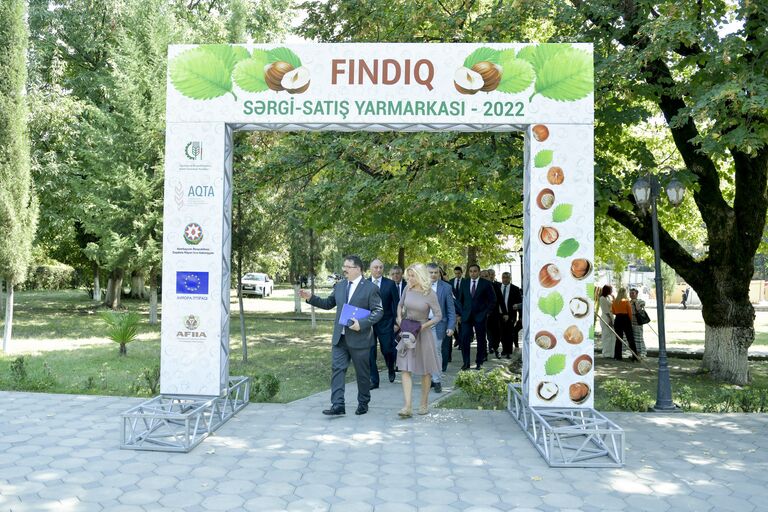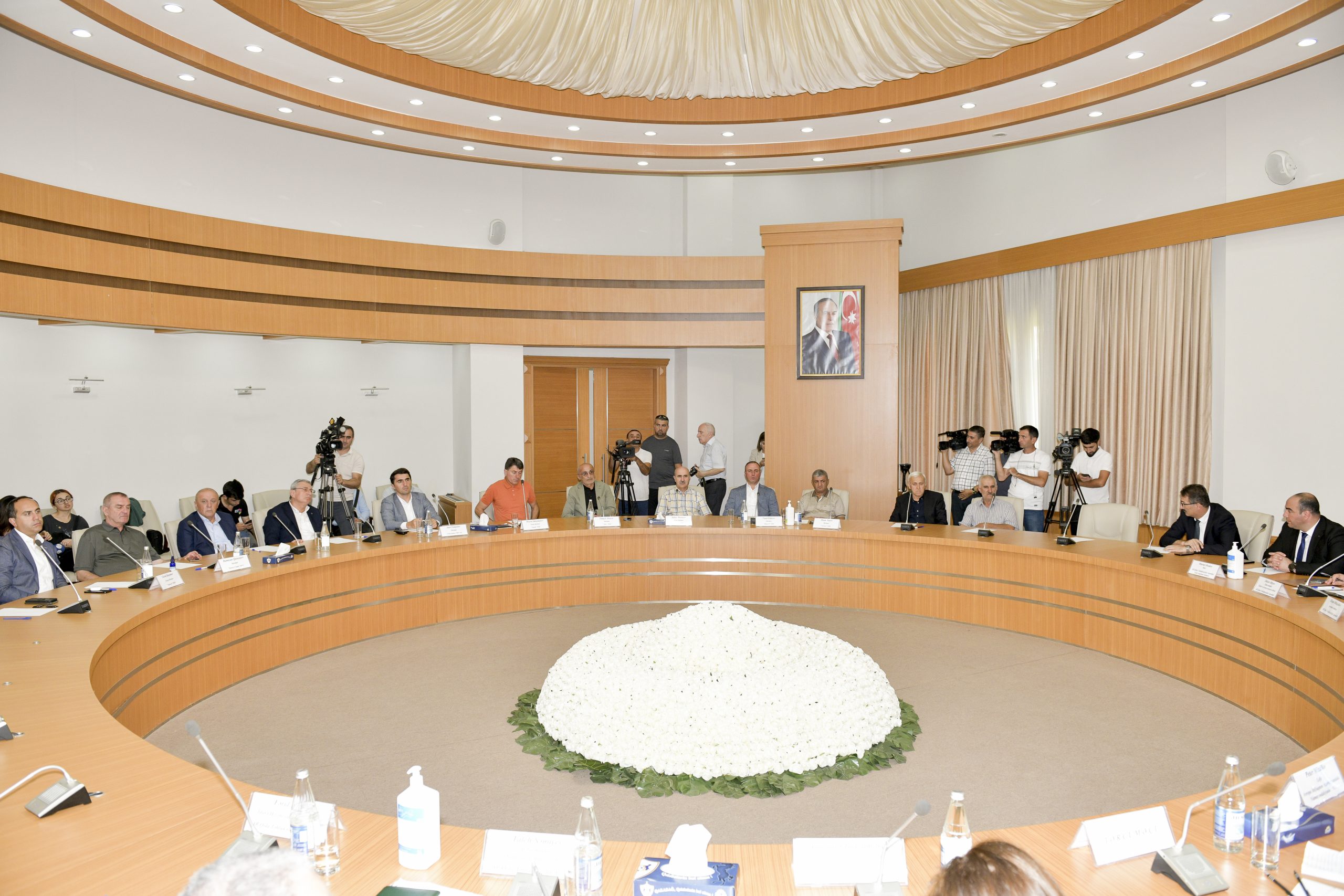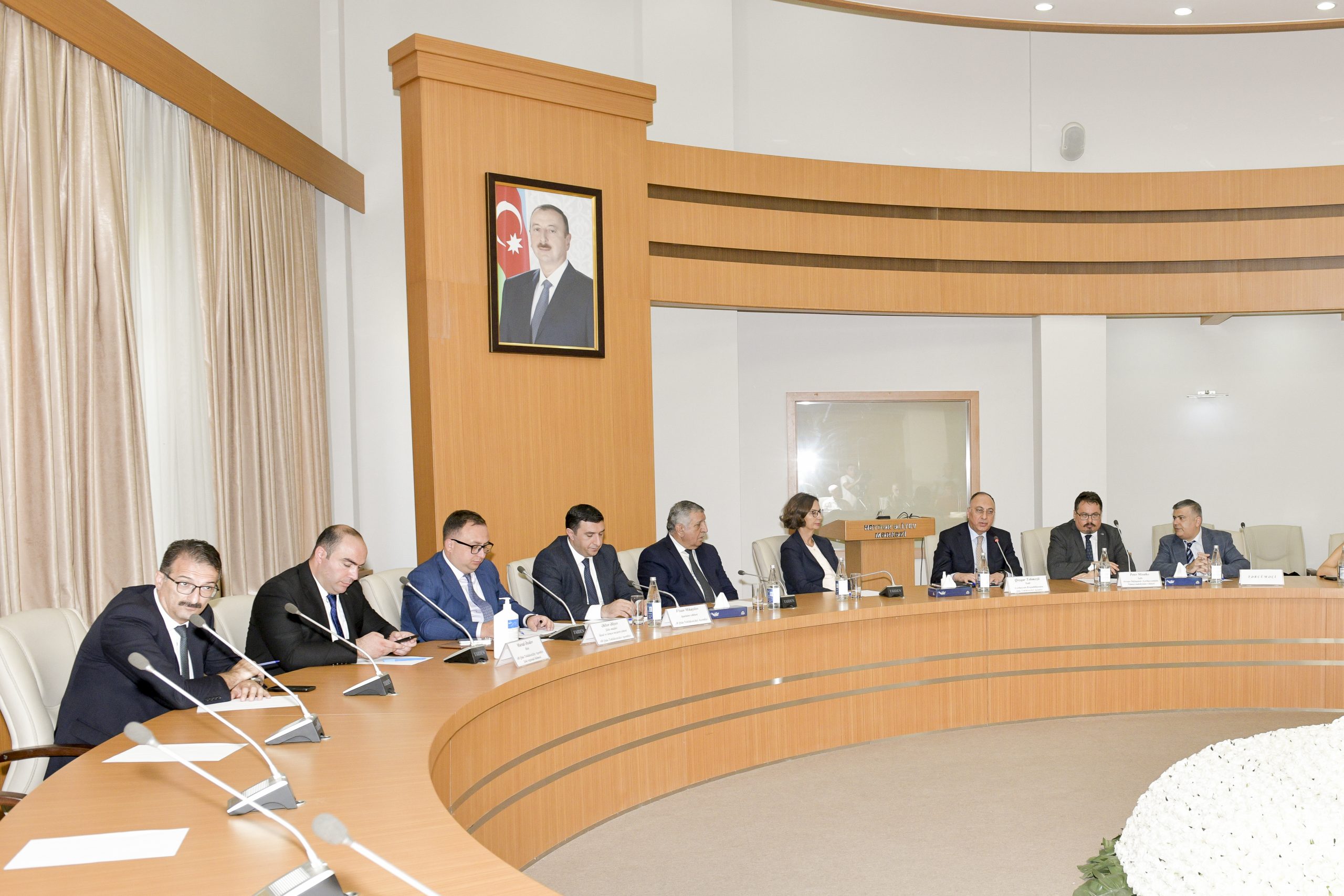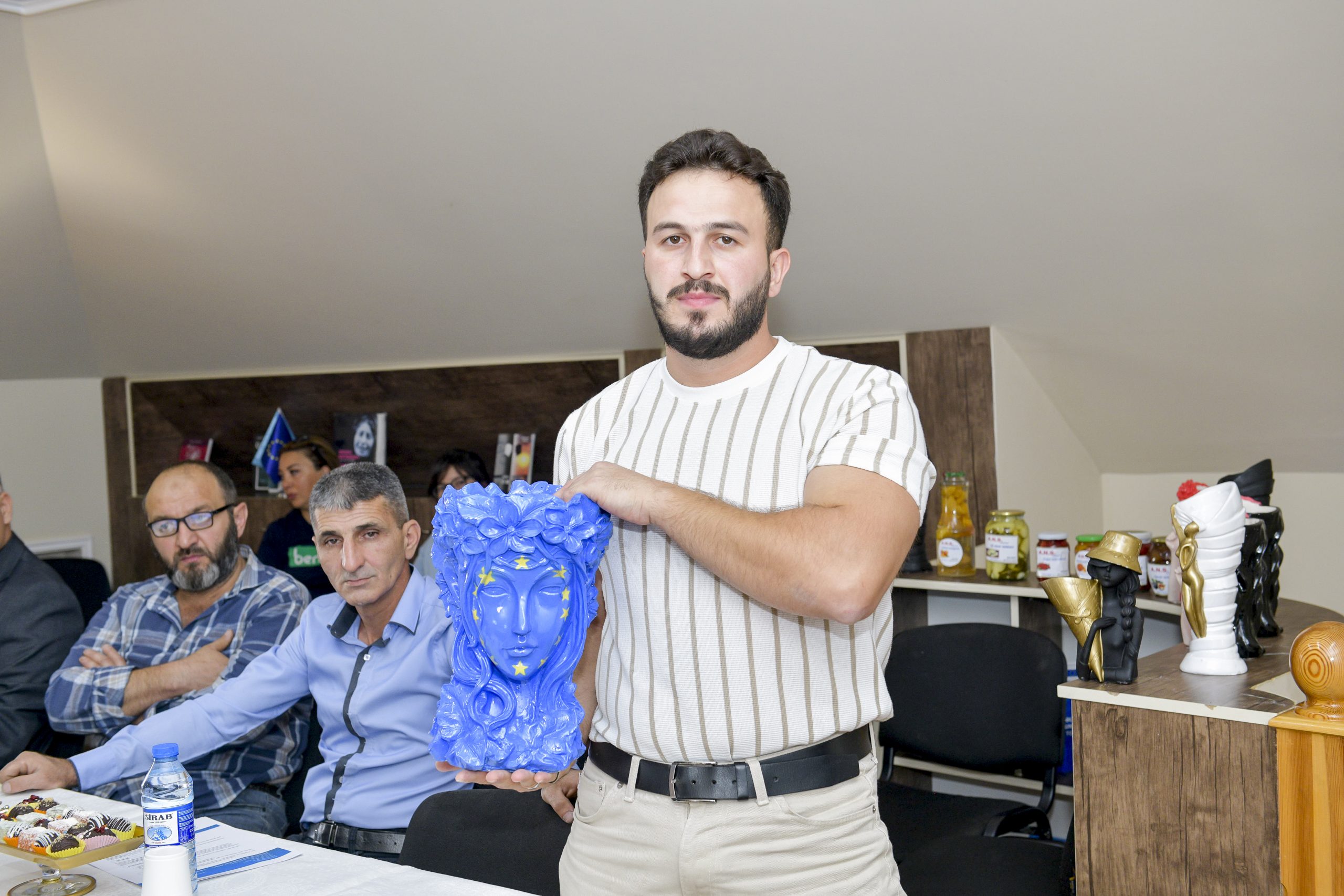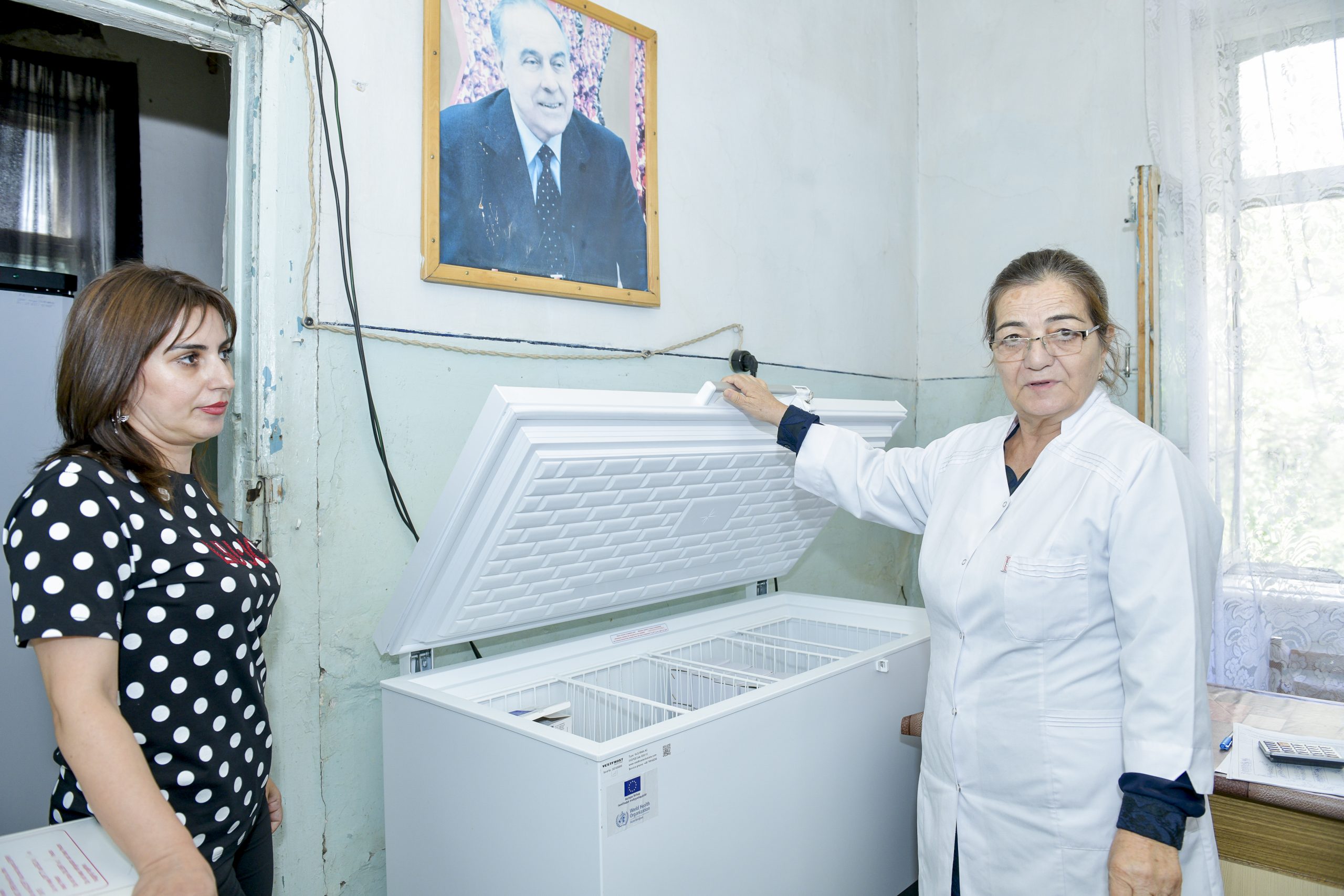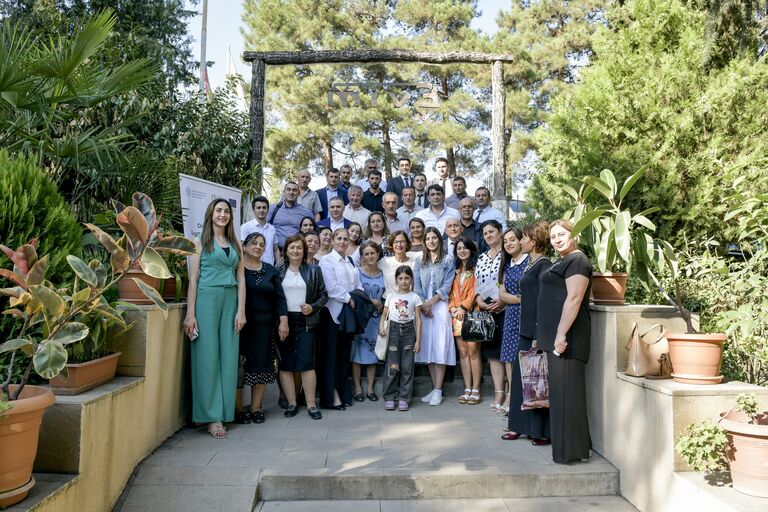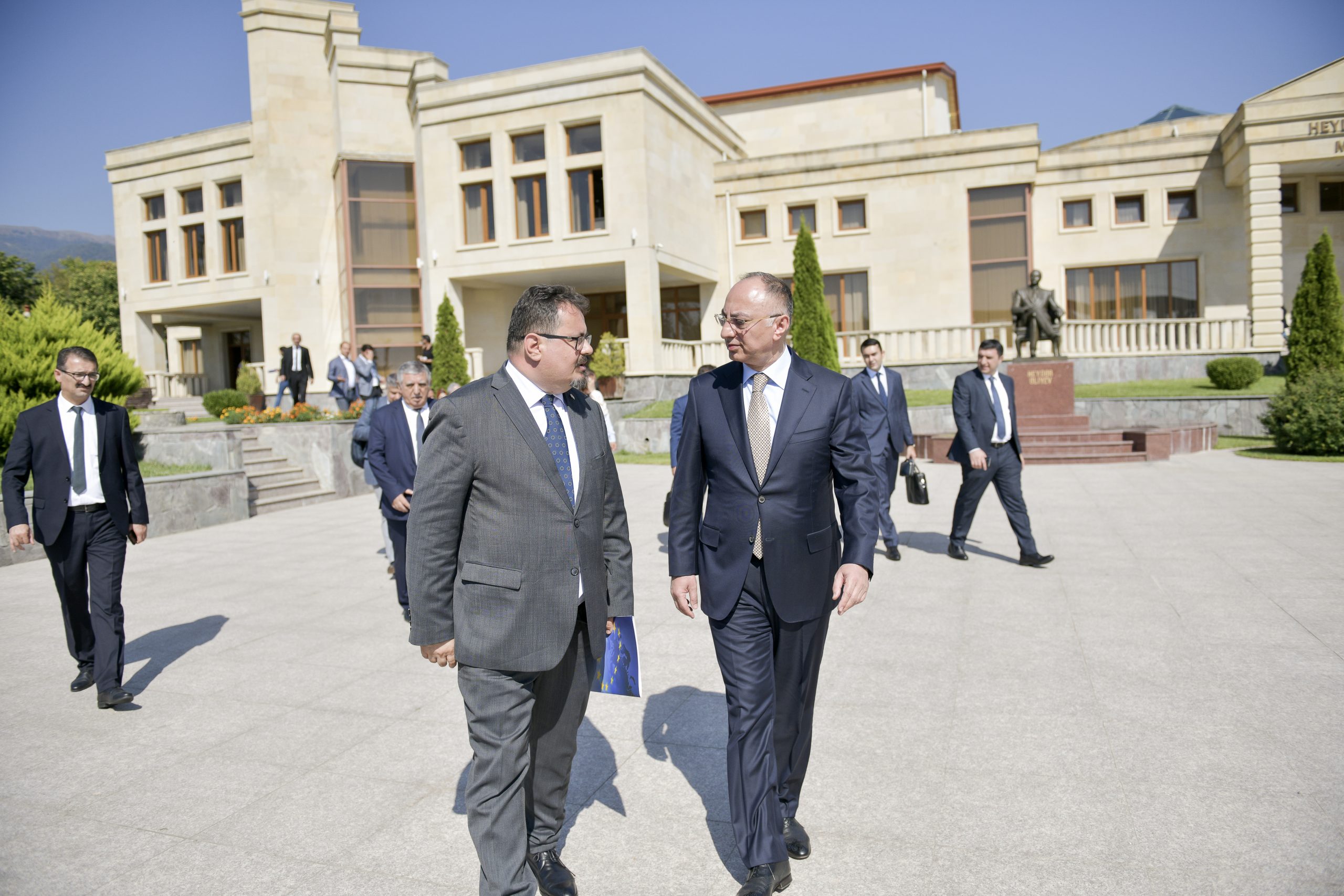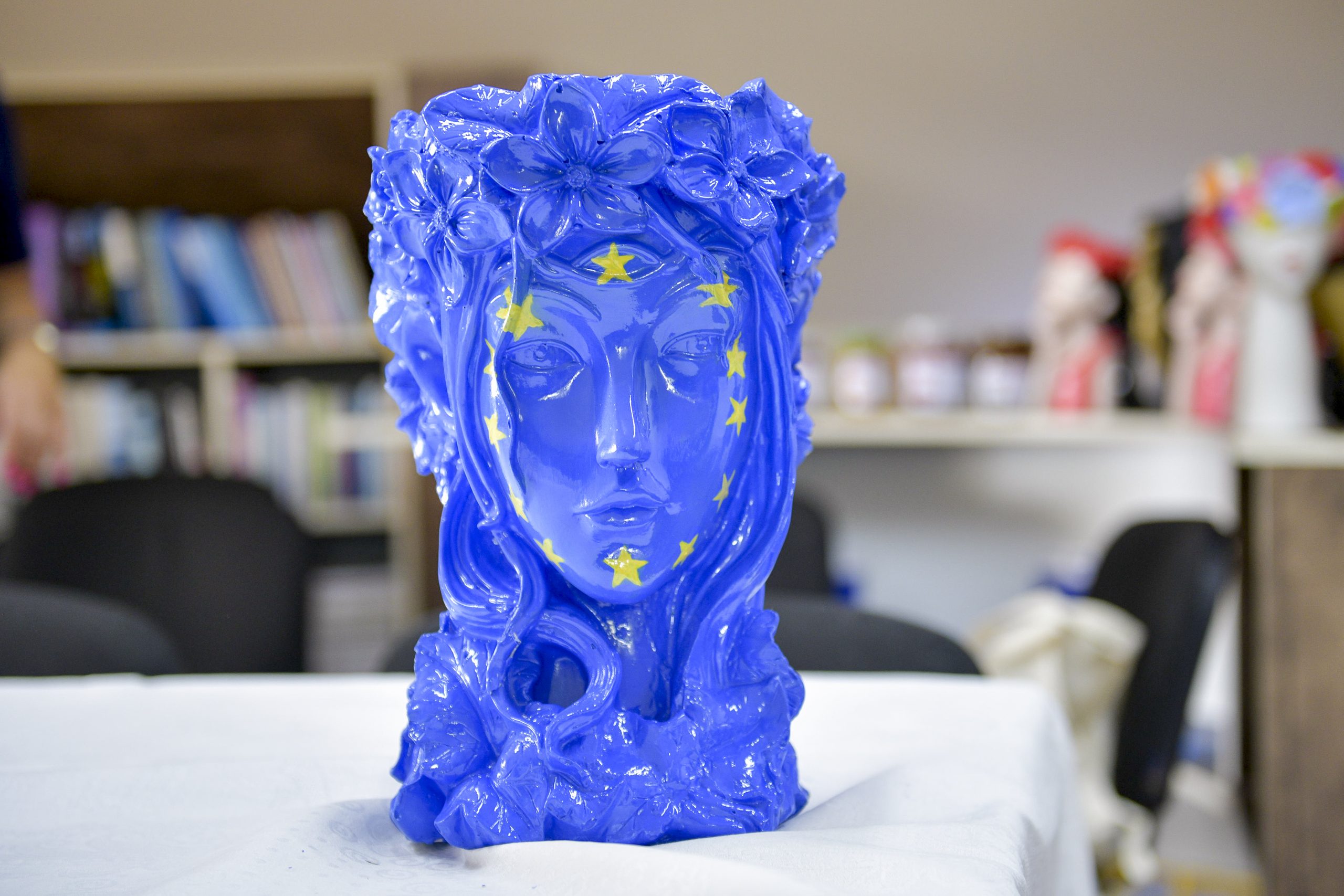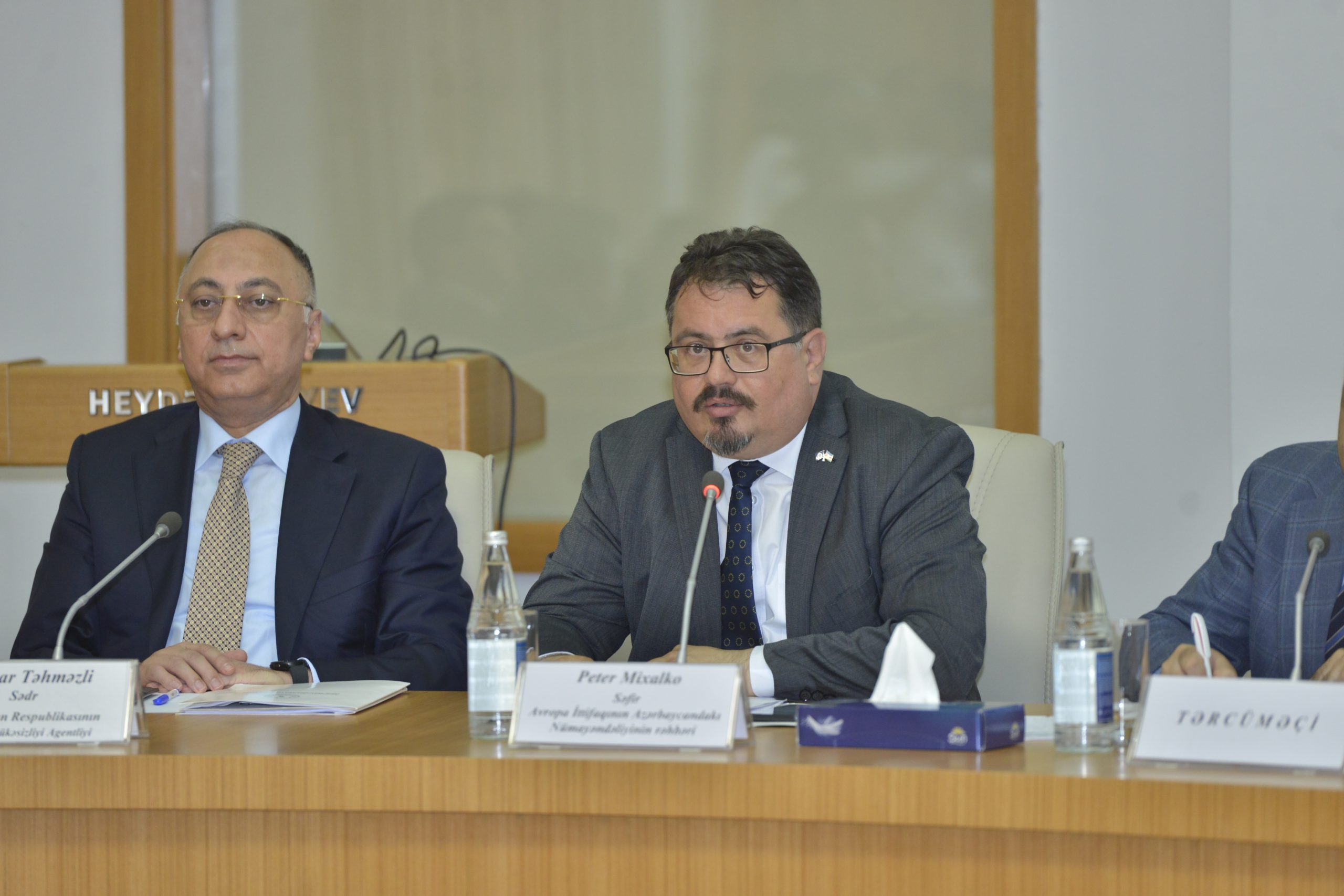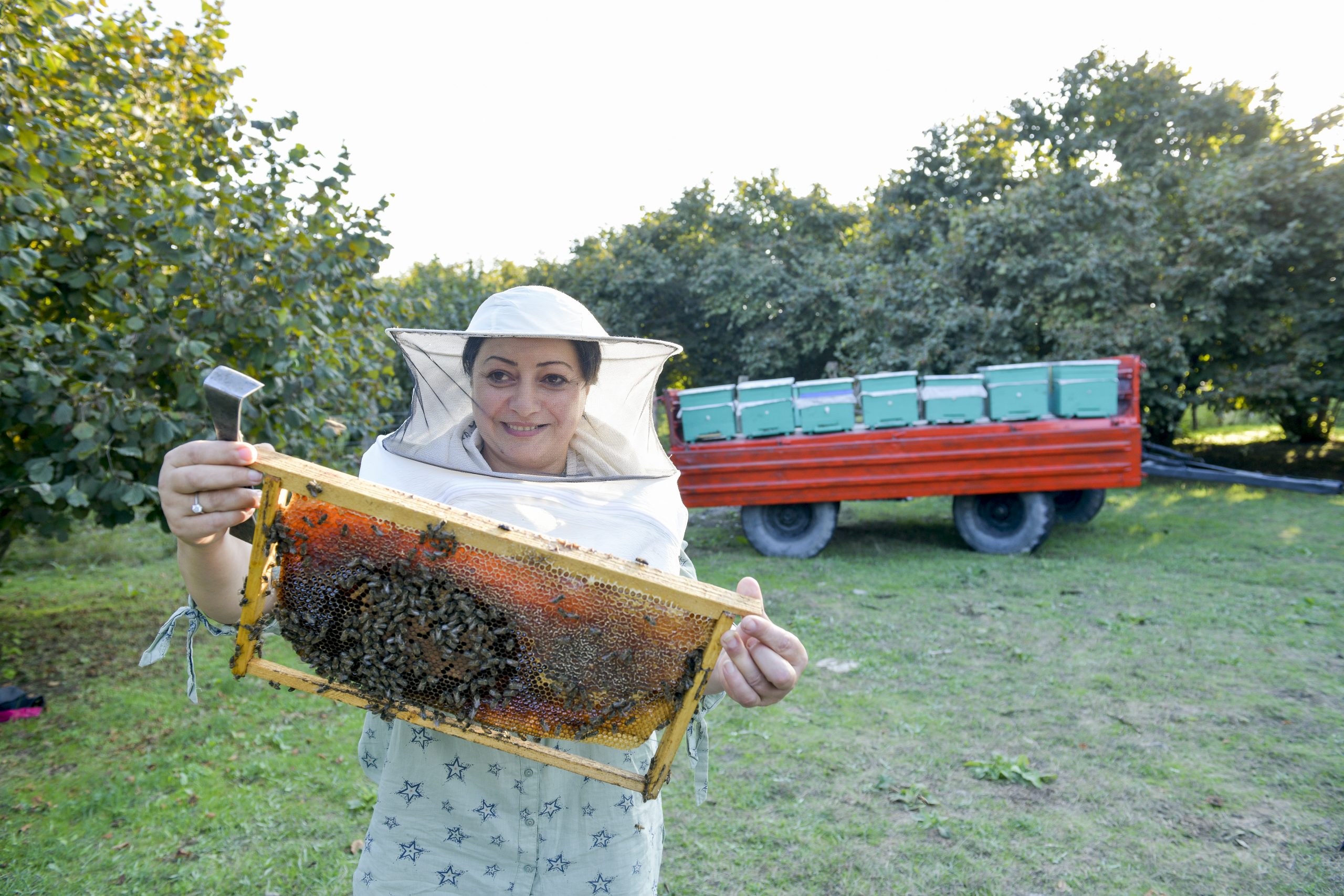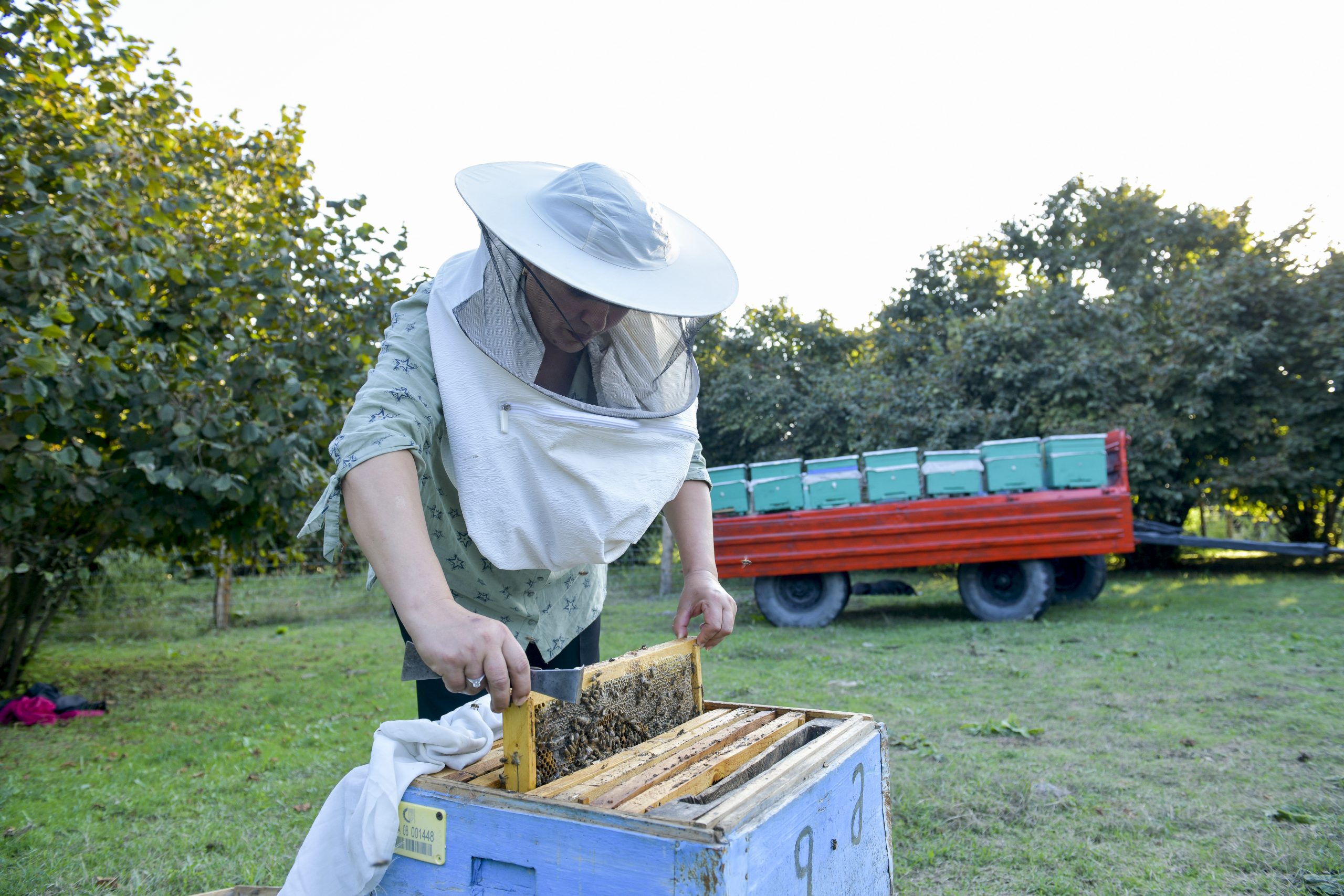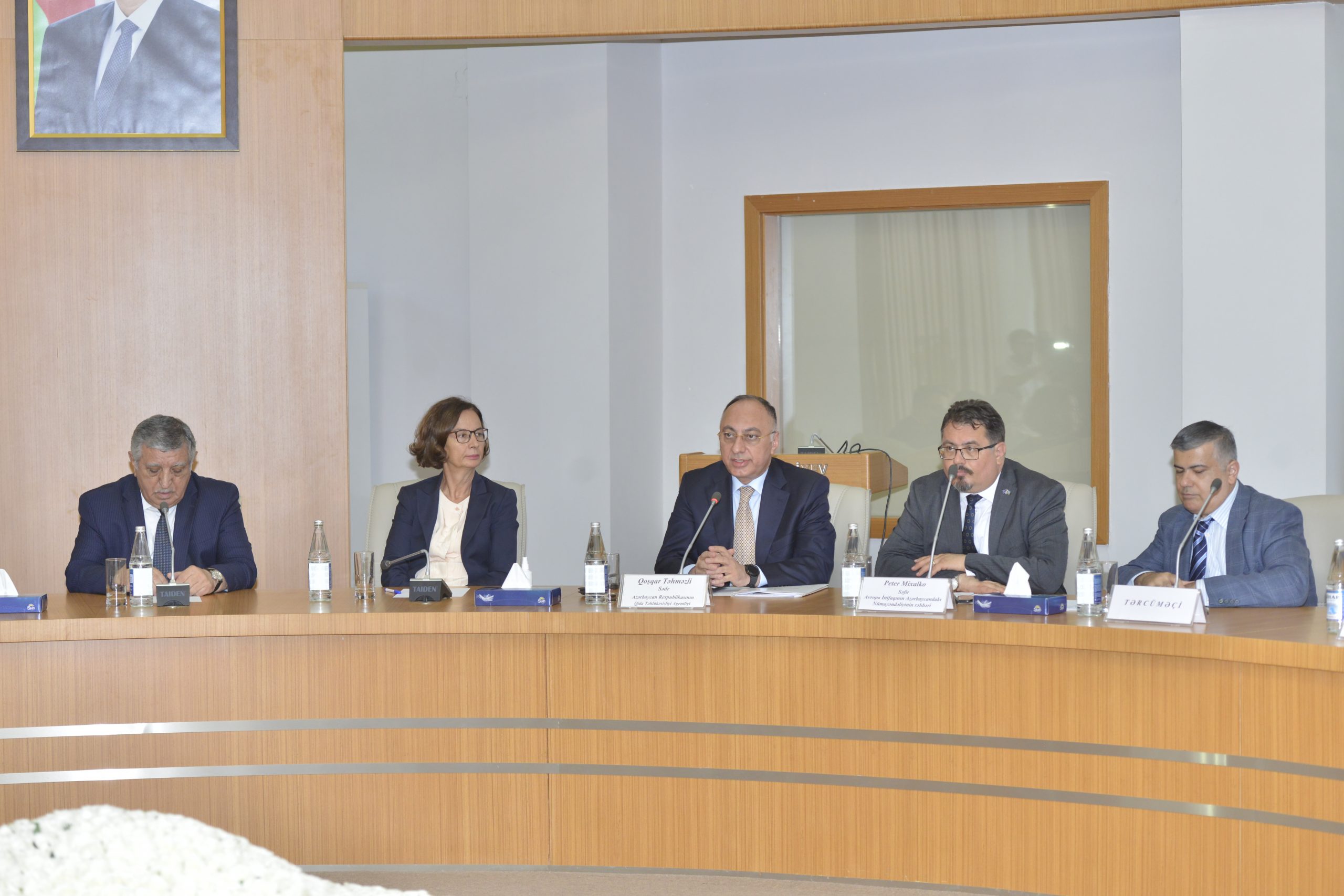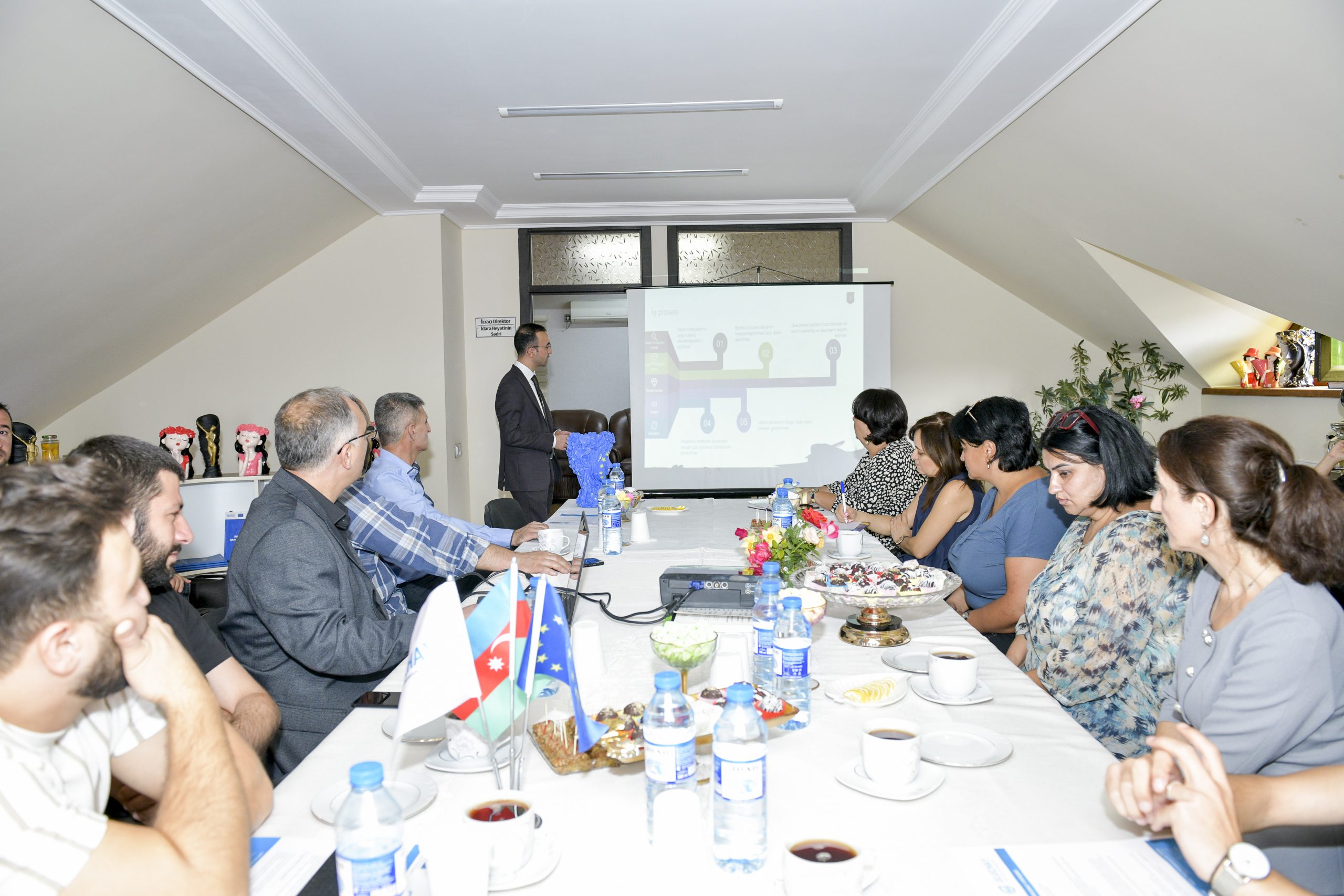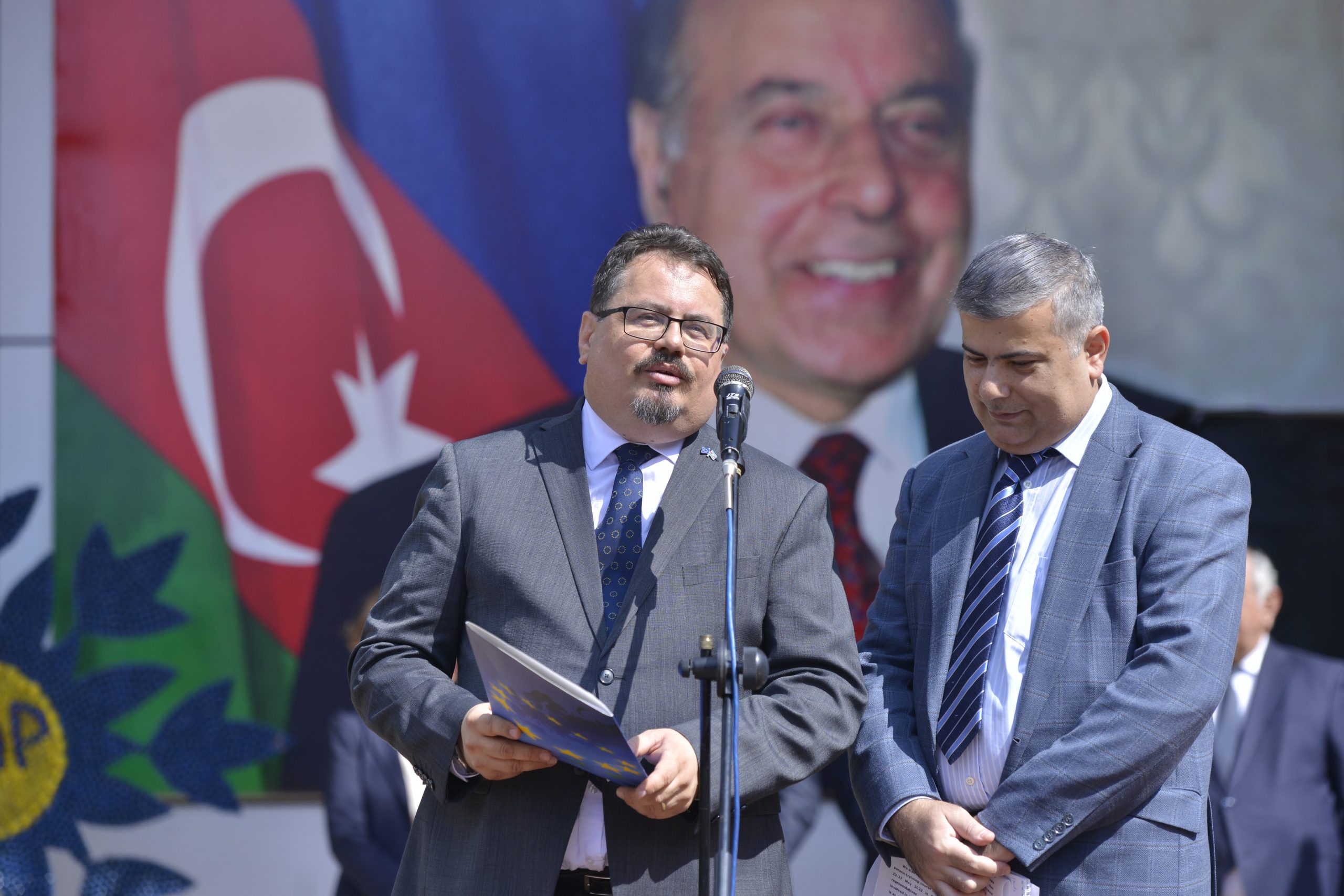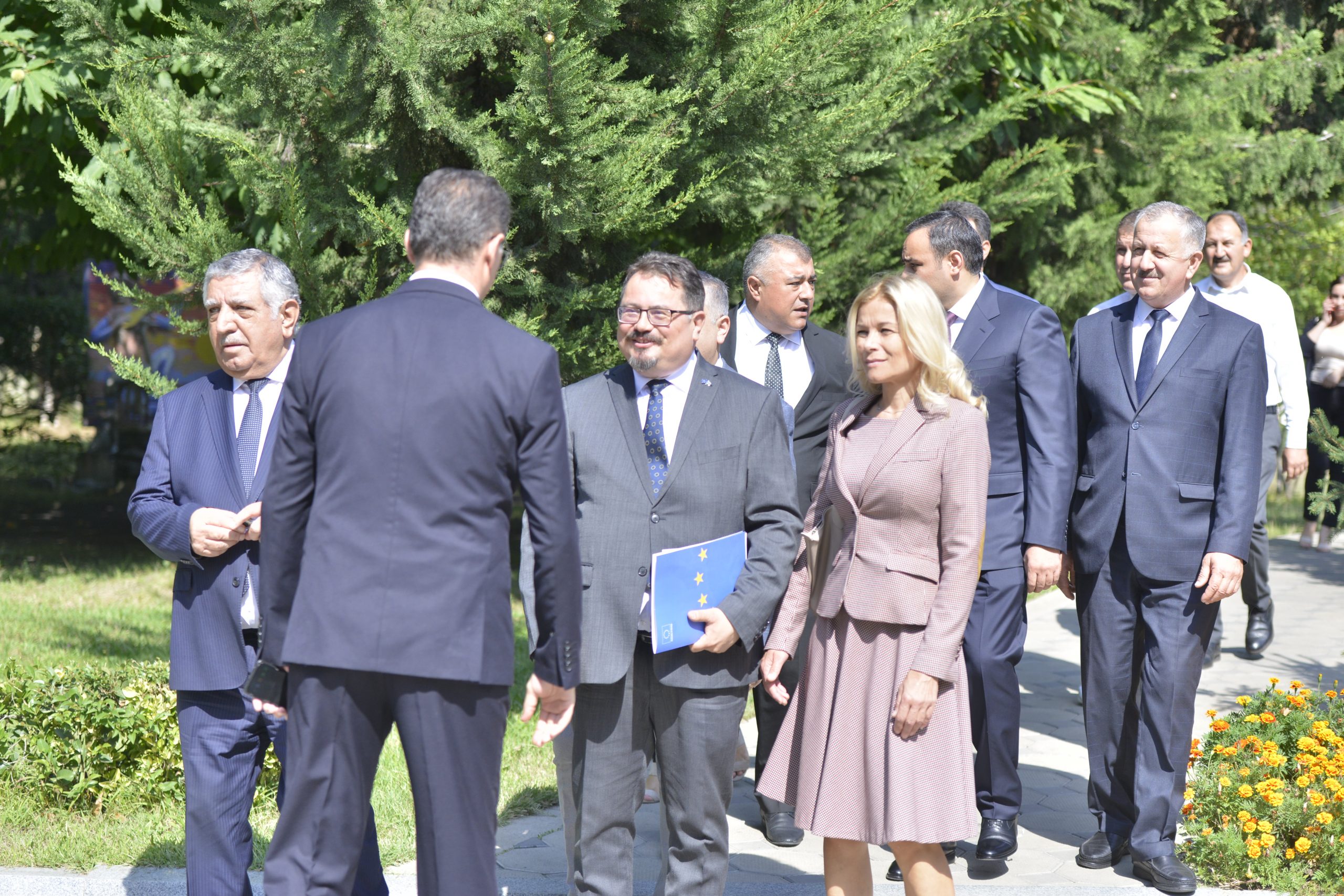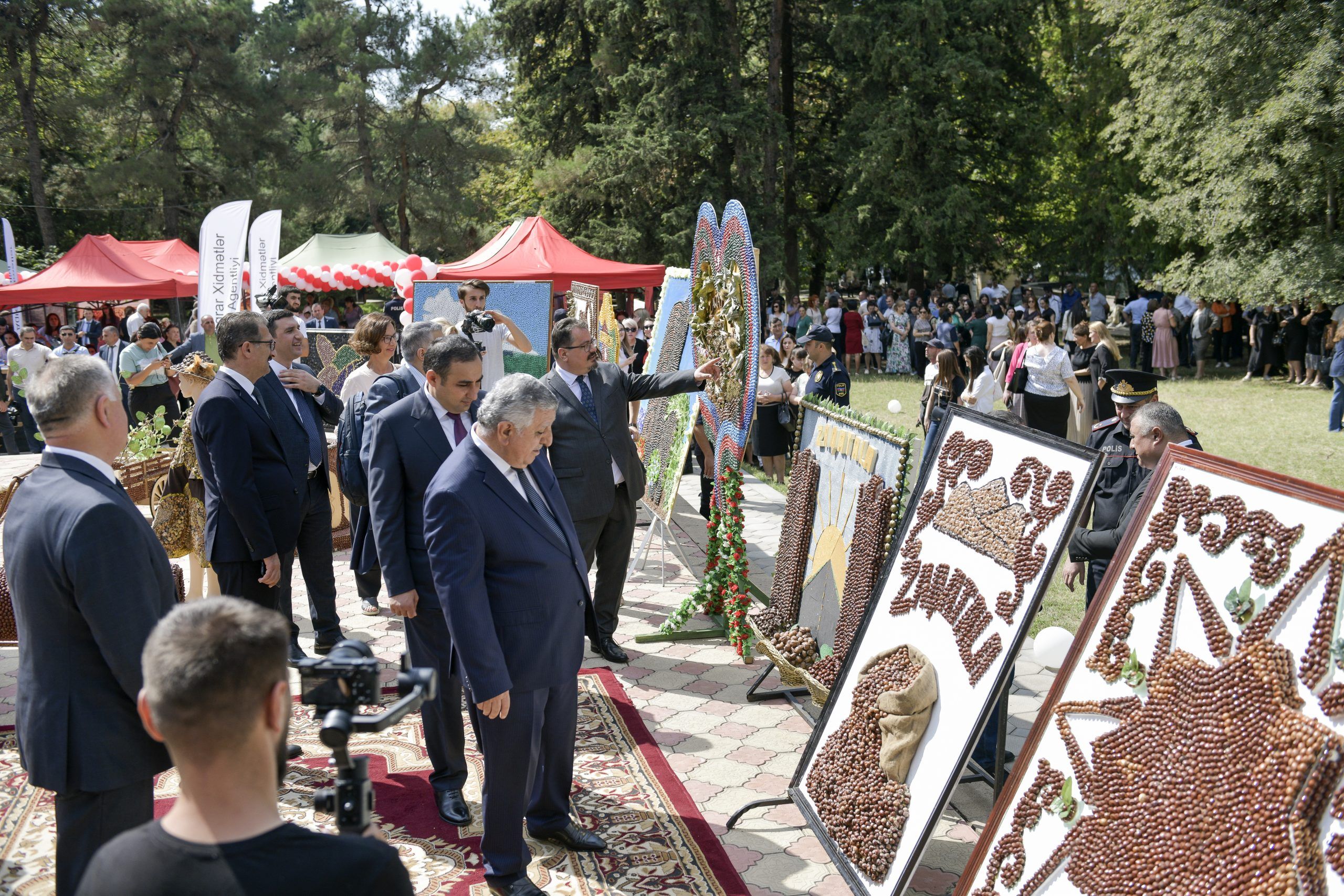
Journalists will discover and experience a variety of EU sponsored projects in Sheki, Zagatala, and Balakan
A two-day field trip will provide media representatives with exclusive access to EU-supported projects in Sheki, Zagatala, and Balakan administrative districts organised by HE Peter Michalko, the Ambassador of the European Union to the Republic of Azerbaijan, on the 13th and 14th of September 2022. The visit aims to raise public awareness of the EU-sponsored projects in the regions of Azerbaijan.
On the 13th of September, after a courtesy meeting with Mr Mubariz Ahmadzada, the chief executive power of Zagatala, Amb. Michalko will attend the opening of a Delicacies of My Motherland stand, designed by the EU-sponsored Local Food Promotion project, in the framework of the hazelnut festival to be arranged at the Heydar Aliyev Centre.
Then Amb. Michalko is expected to meet local hazelnut producers and address the Importance and Benefits of Geographical Indications for Local Producers, a regional conference at which the European Union will be represented by the Development of Sustainable and Inclusive Local Agri-food Systems in the North-West Region of Azerbaijan project.
Amb. Michalko will also visit Hanifa and Qazma, rural settlements in the Balakan administrative district, to personally meet with the local food producers working on agri-business and agri-tourism, to find out about their progress and listen to their concerns. “Promoting local food production and agri-business owners through advisory services, the creation of new value chain models, and agri-tourism development” project.
On the 14th of September, after a courtesy meeting with Mr Elkhan Usubov, the chief executive power of Sheki, Amb. Michalko will attend a presentation on the Urgent Start-up Support Action for Vulnerable Communities in Sheki project and interact with beneficiaries. He will also visit a training centre for the COVID-19 Vaccination Support project in Sheki, and is expected to have a meeting with local community members.
The purpose of the visit is to follow up on the progress of EU-funded projects in the regions; to ensure that local community members are involved and benefiting from these projects. It is also a good opportunity for the EU to receive direct feedback from the communities as this allows for future projects to be planned accordingly. The visit also includes the participation of local journalists, giving them access to in-depth information on EU-funded projects and the opportunity to meet and interact with community members in the regions.
